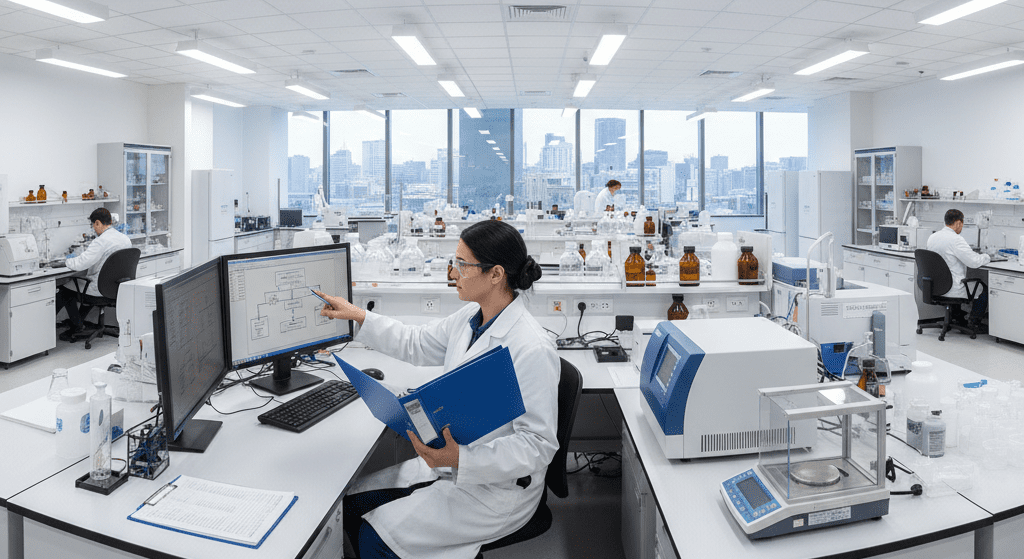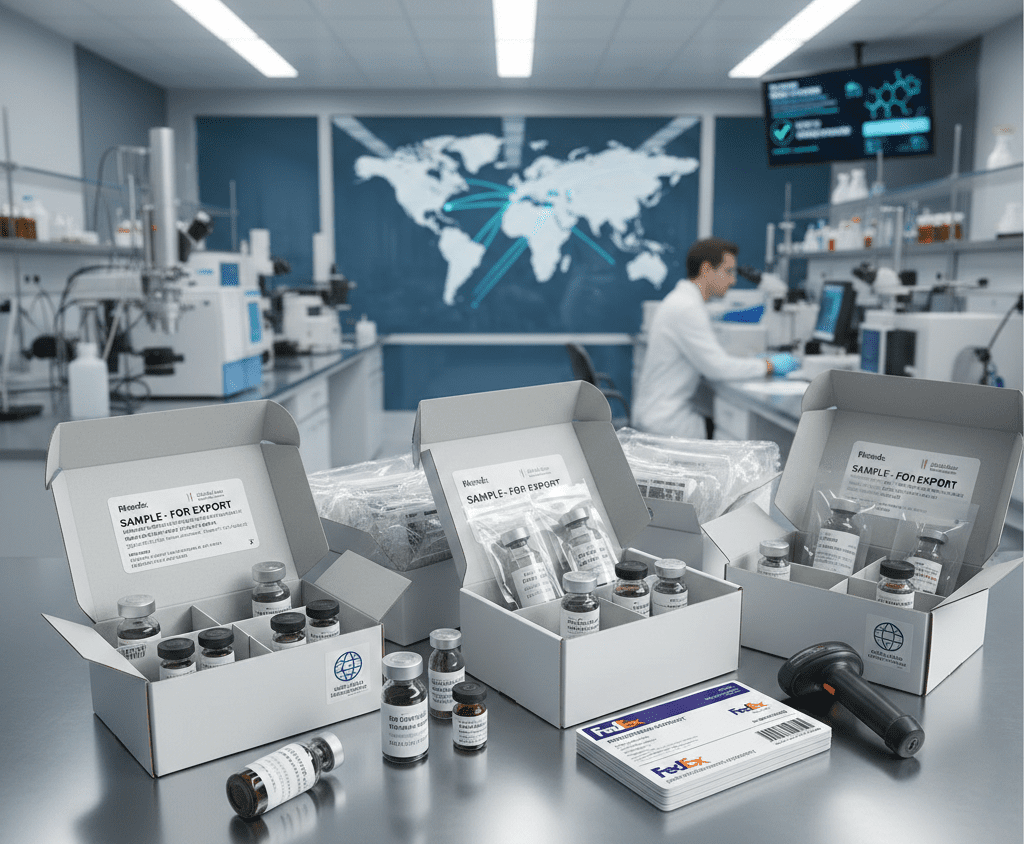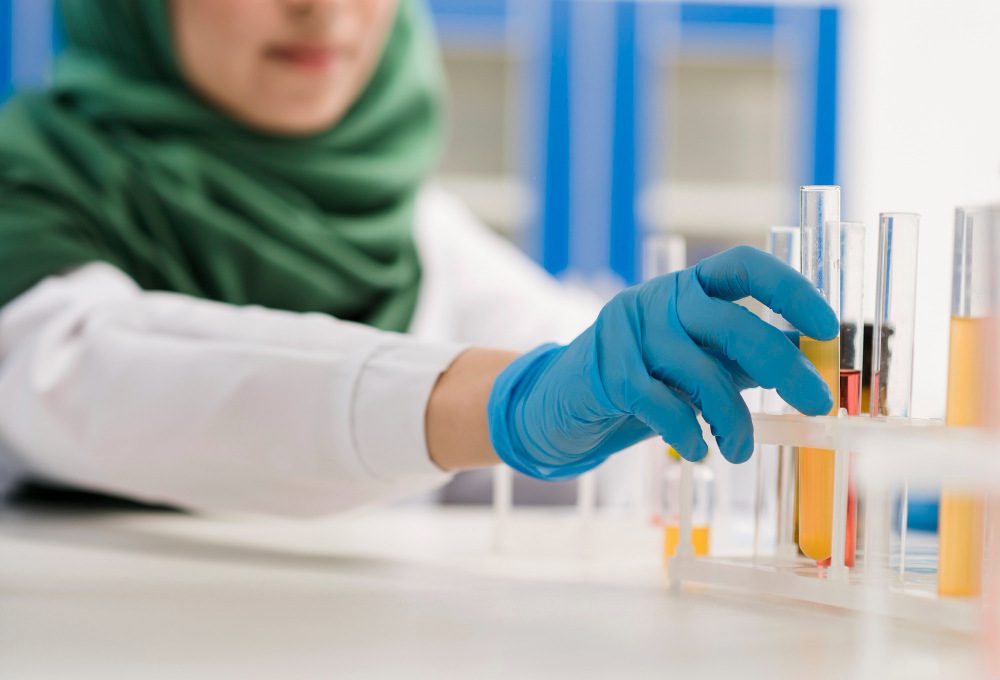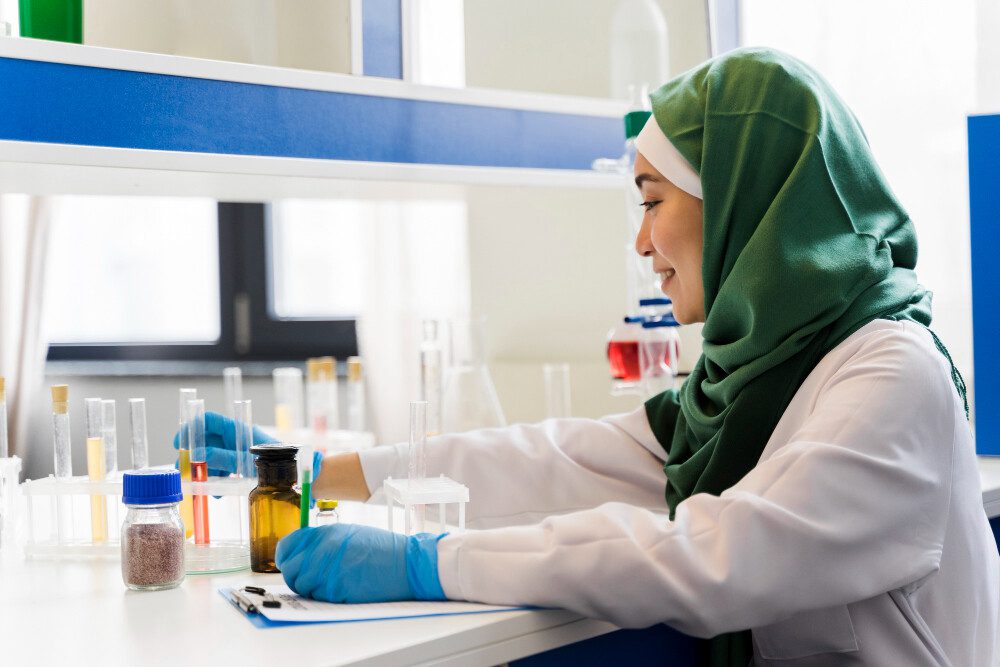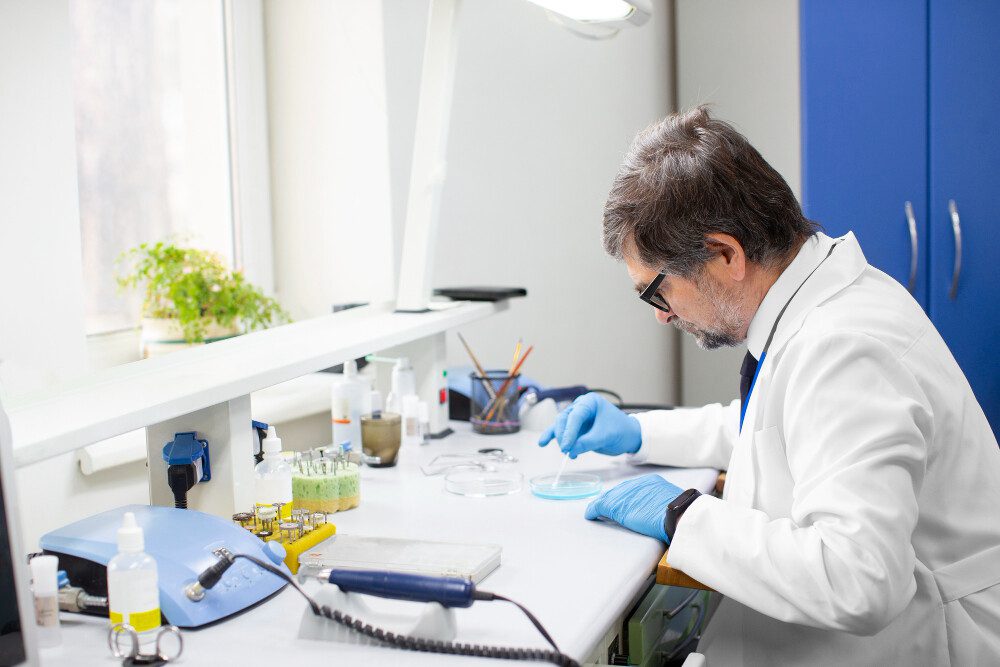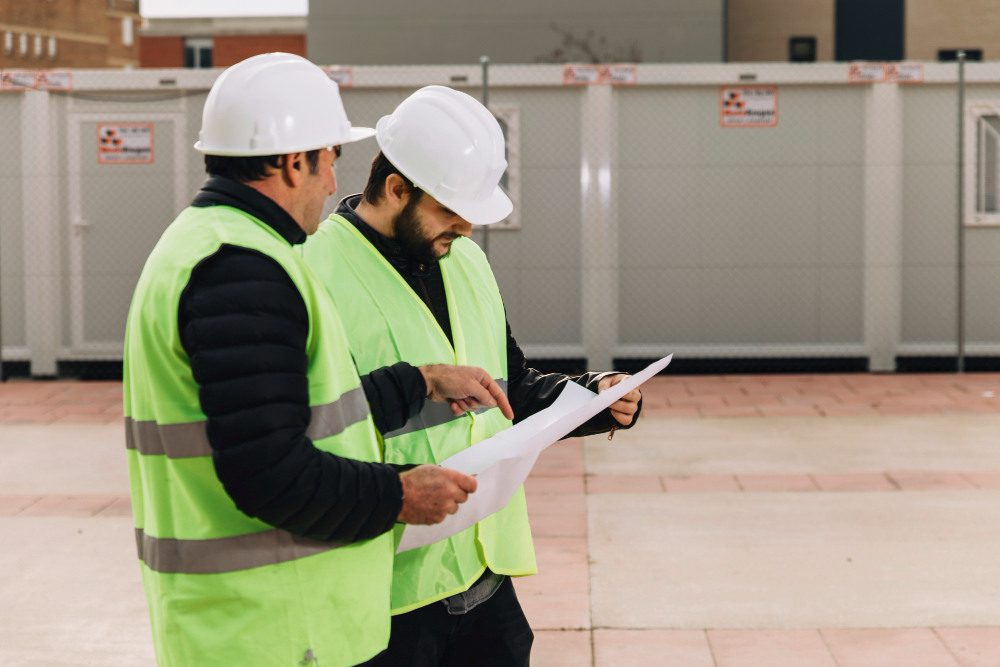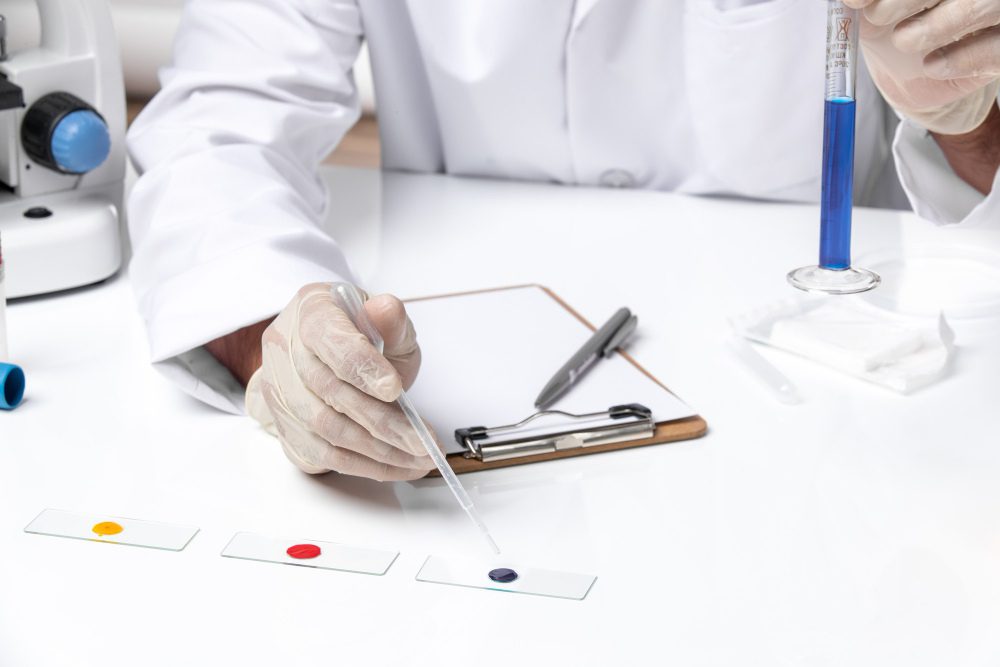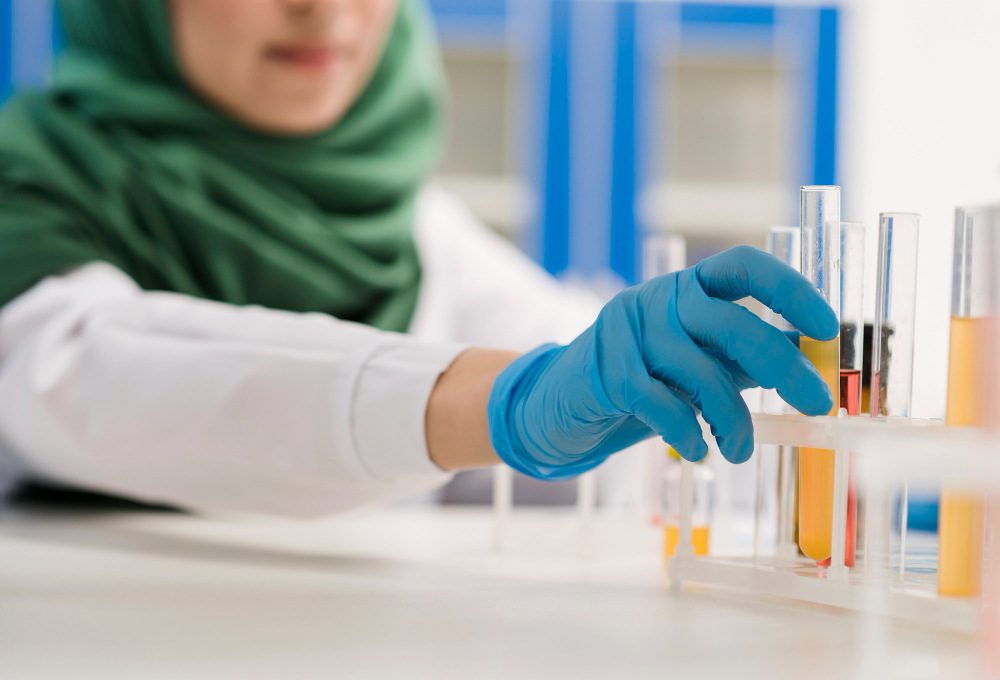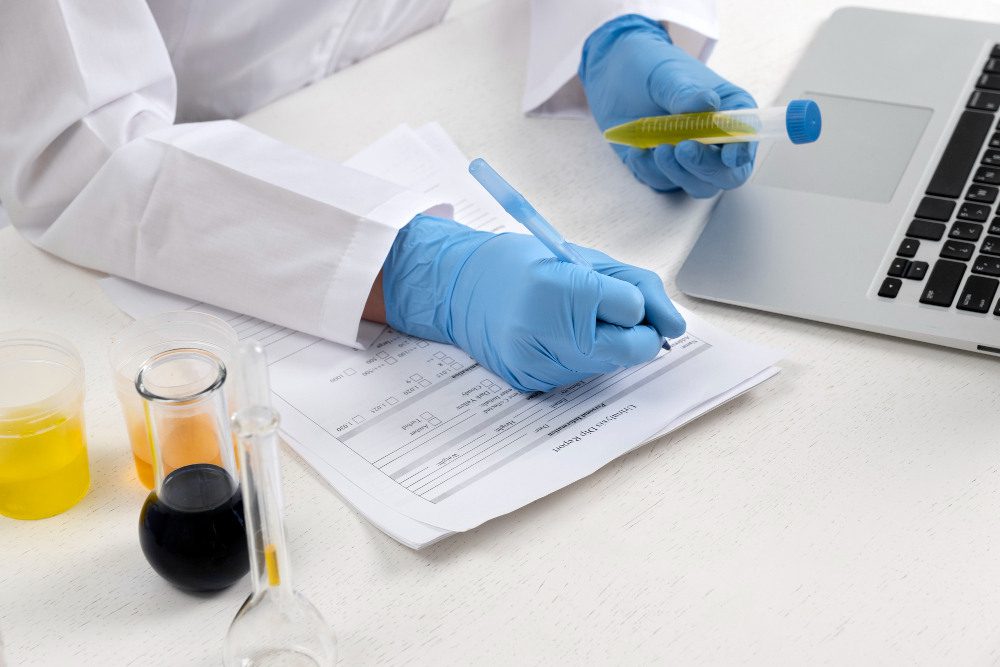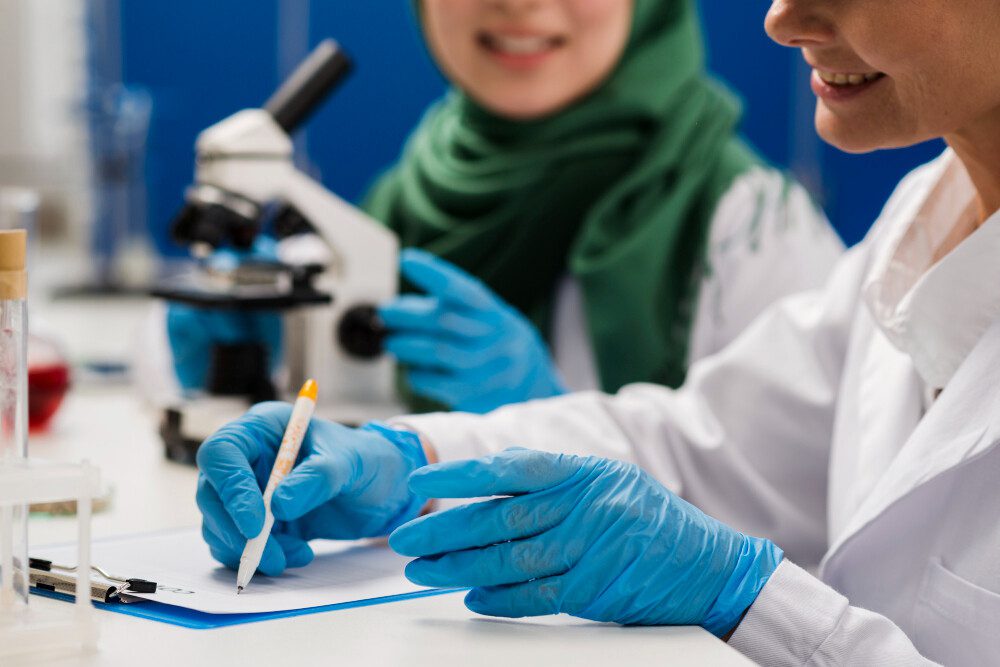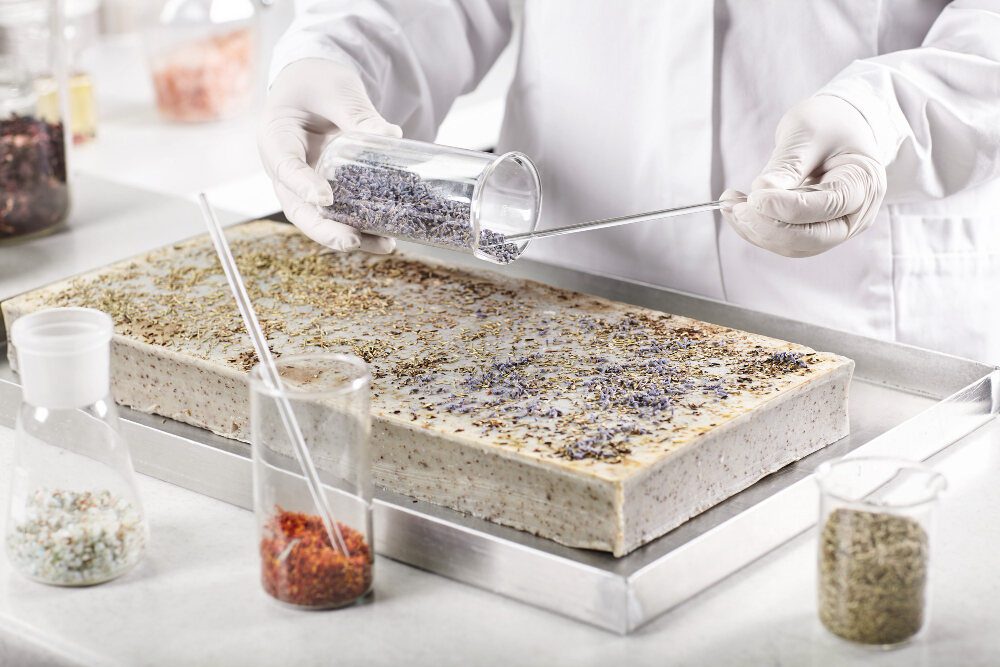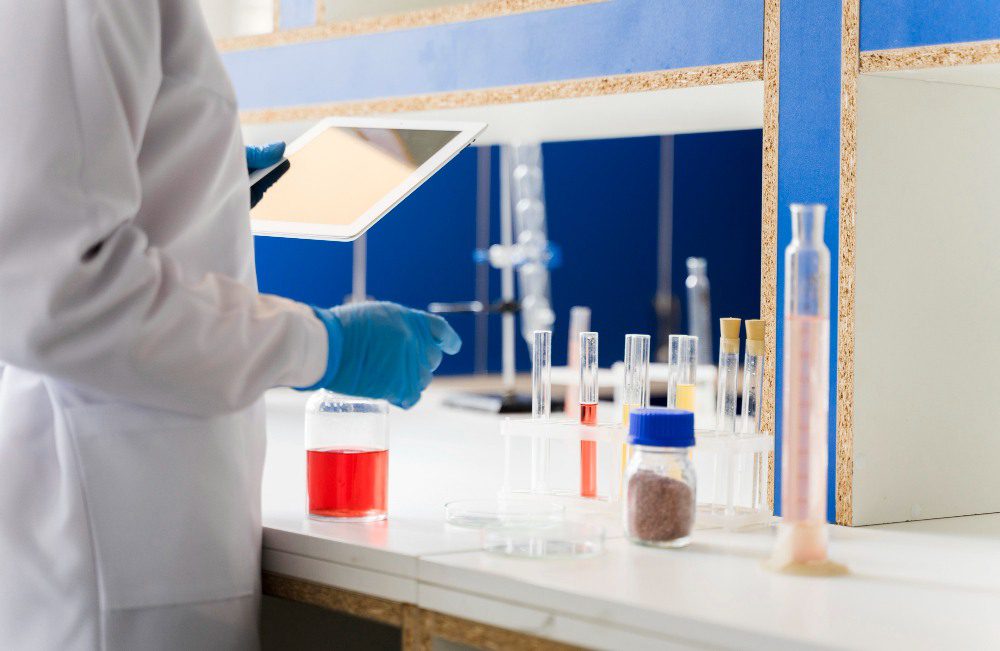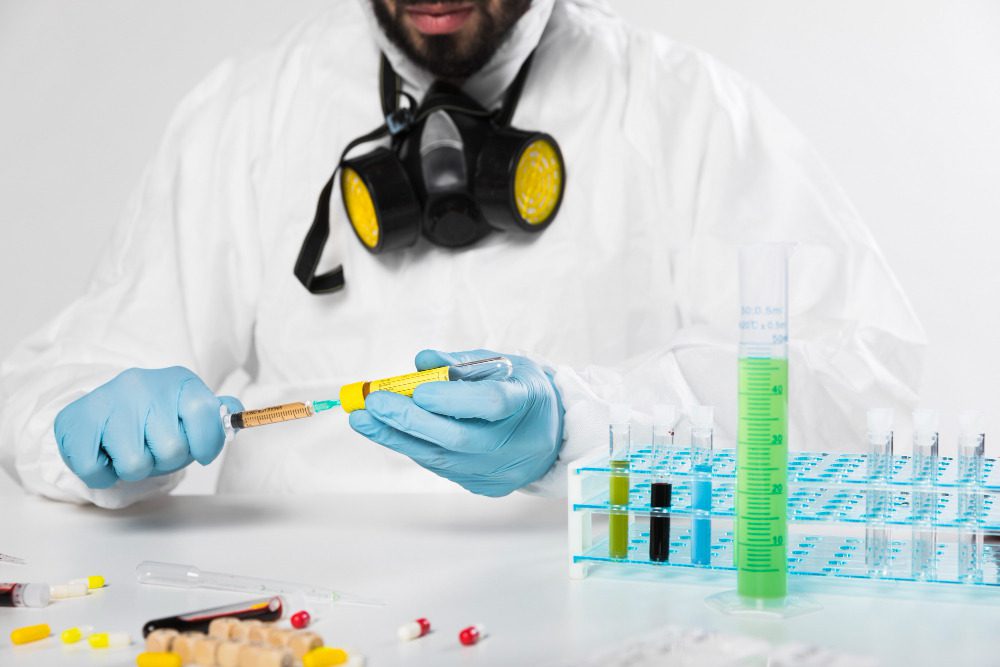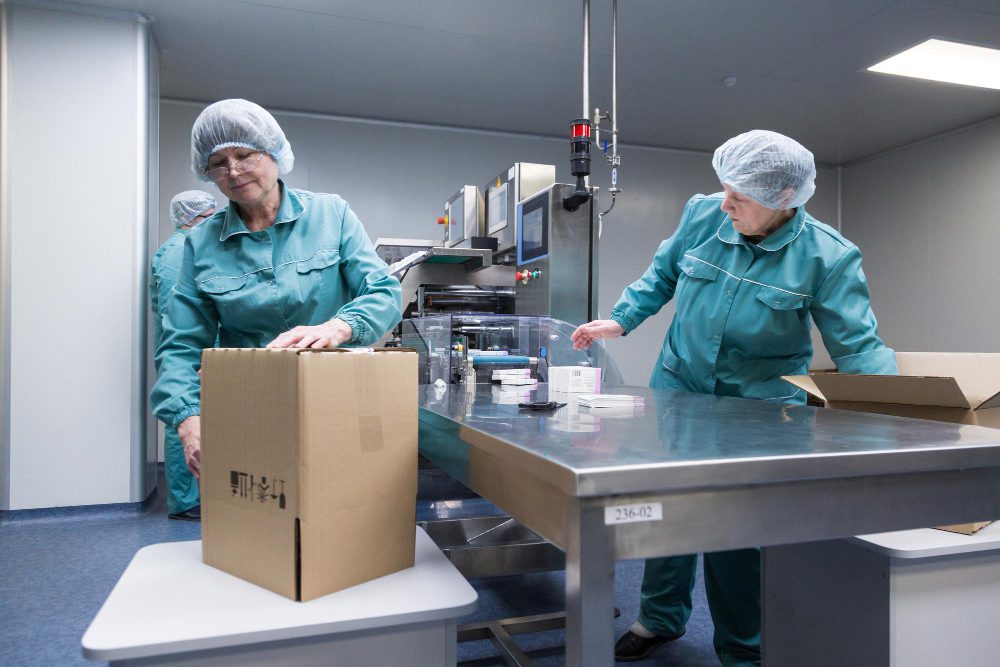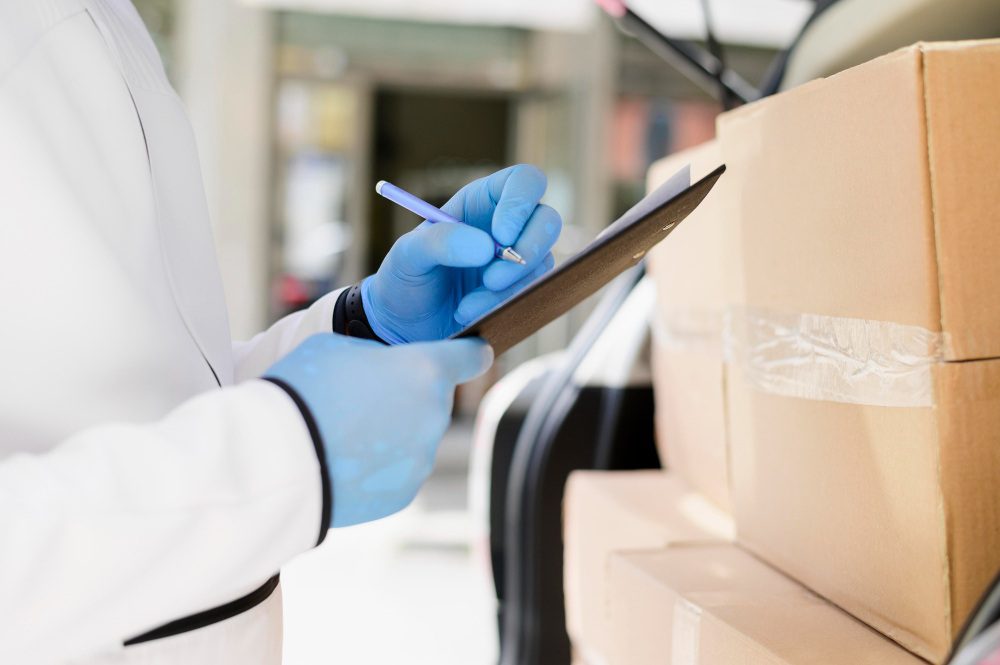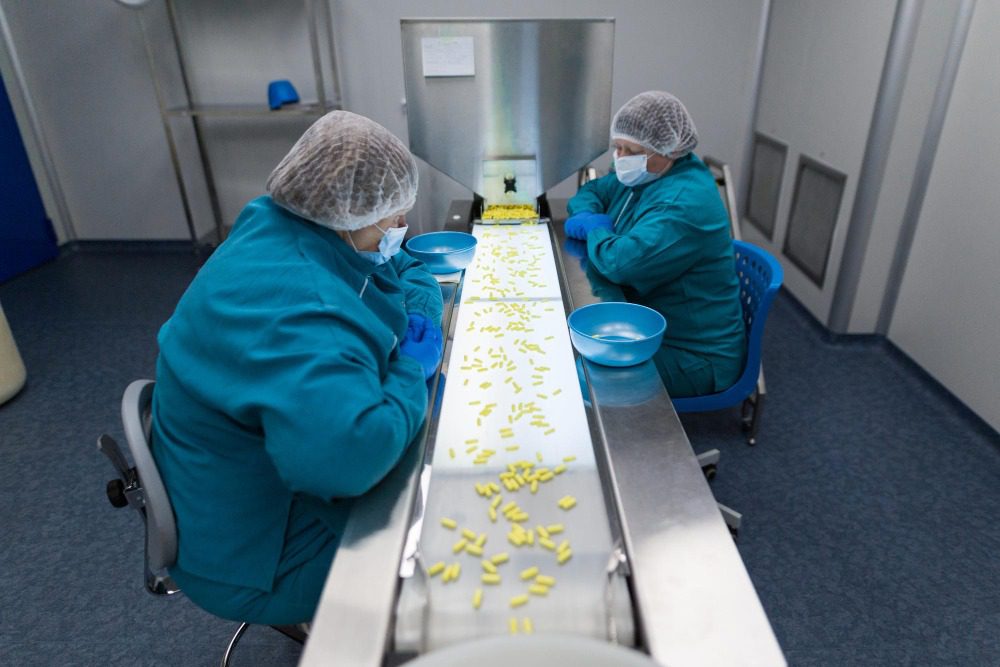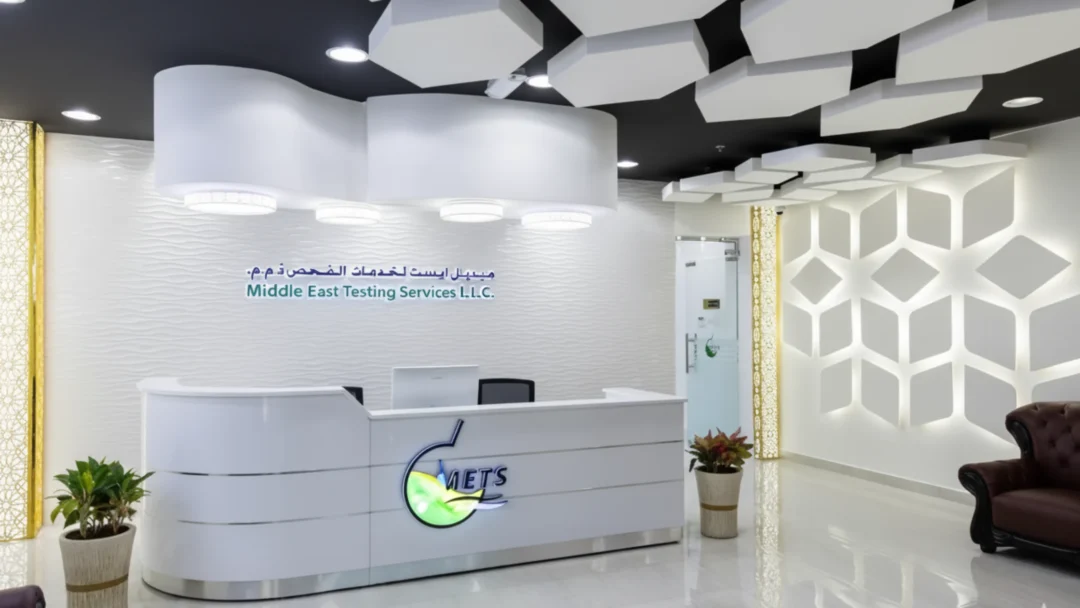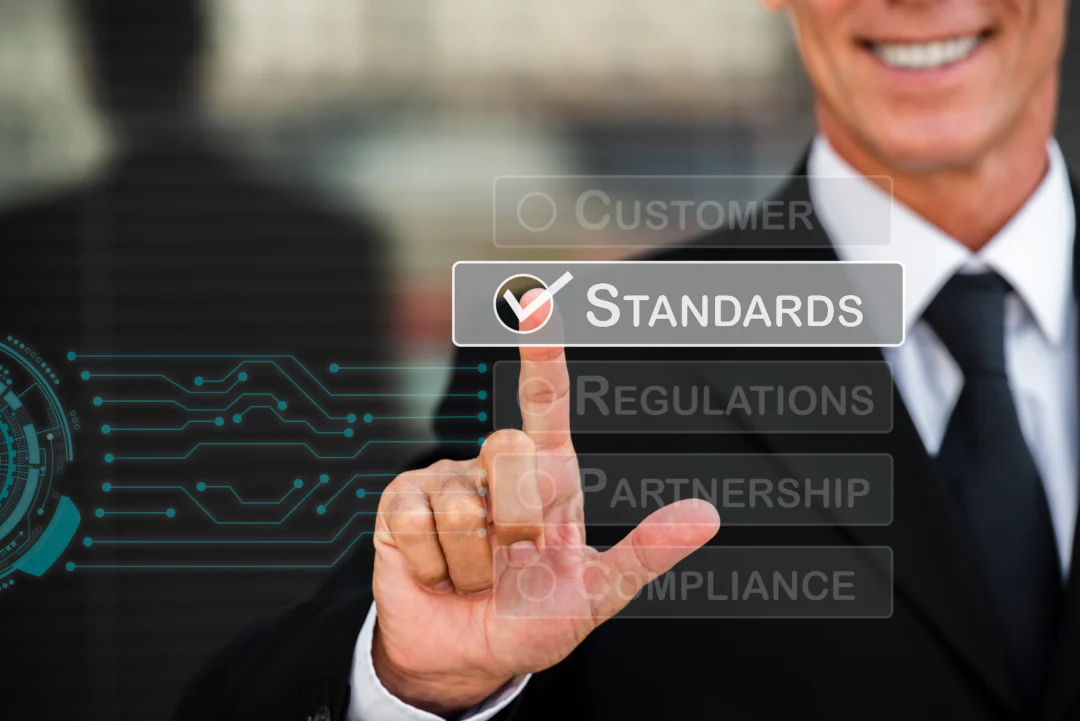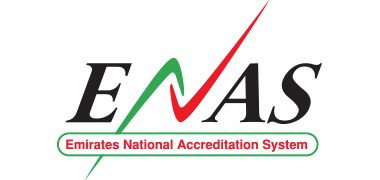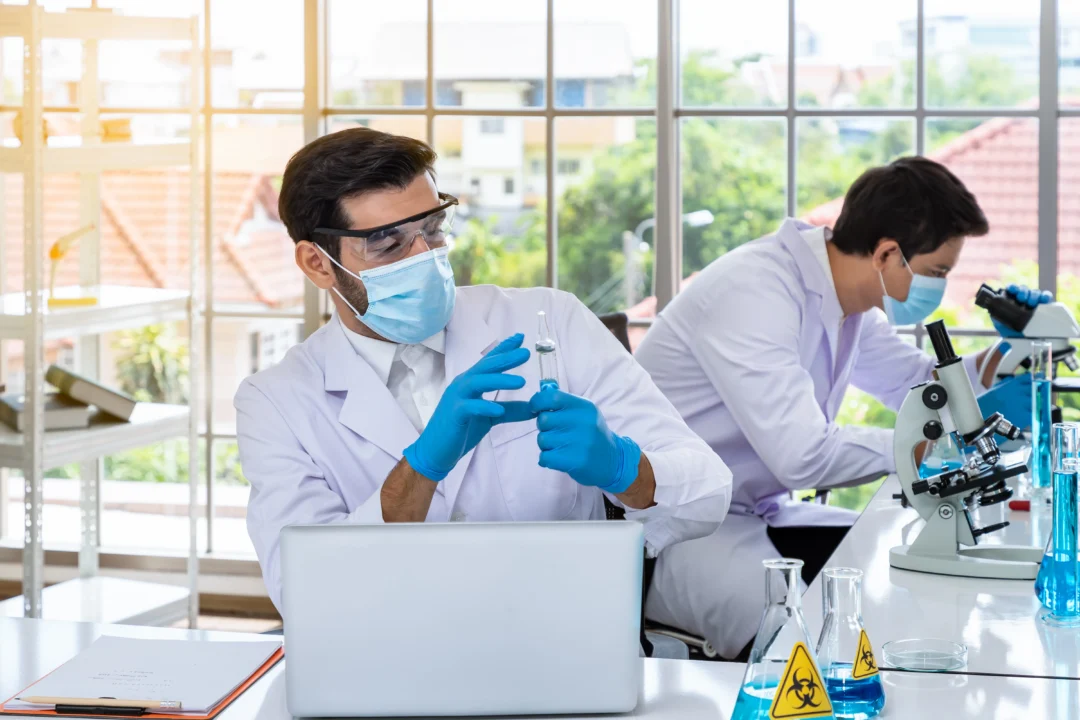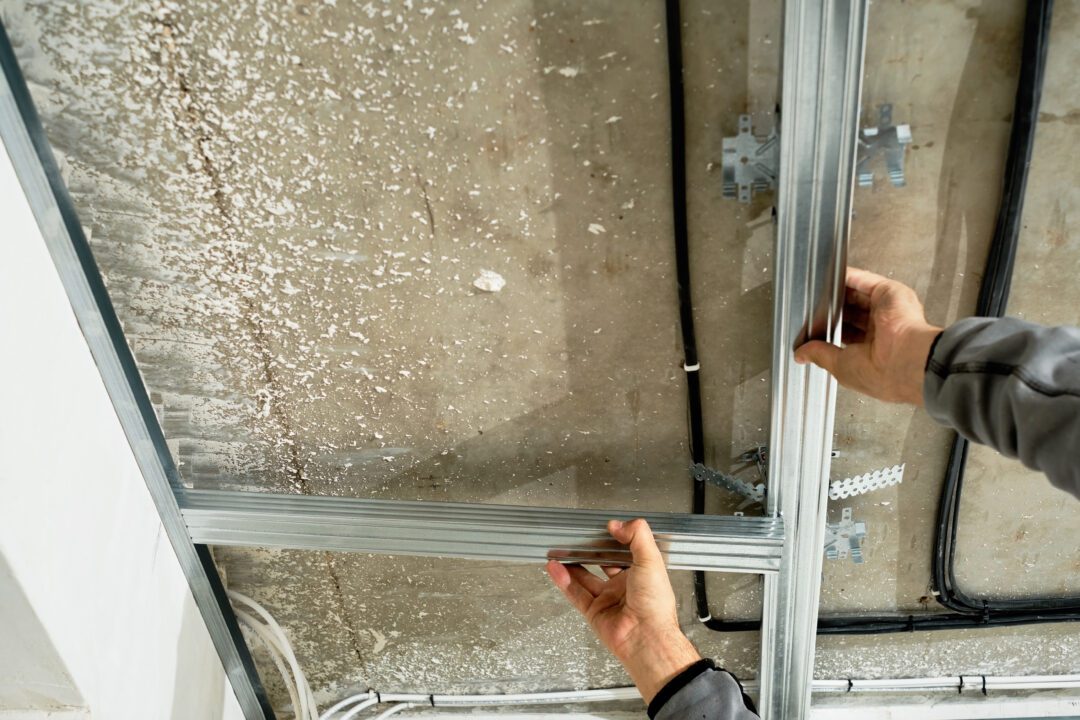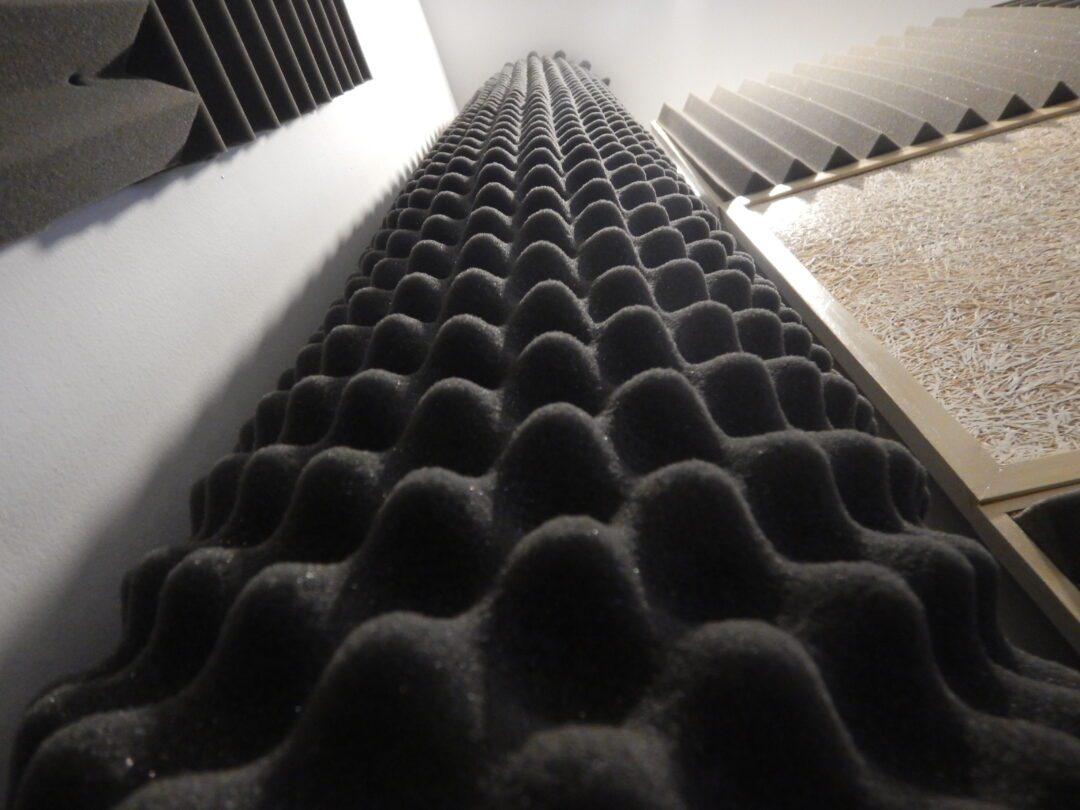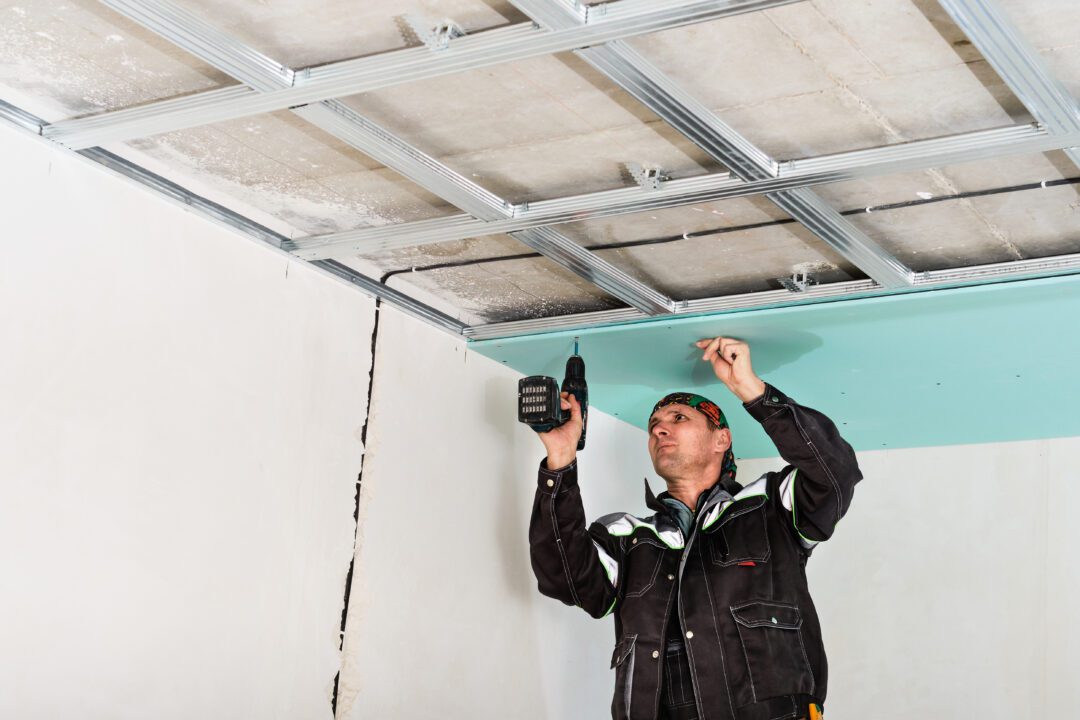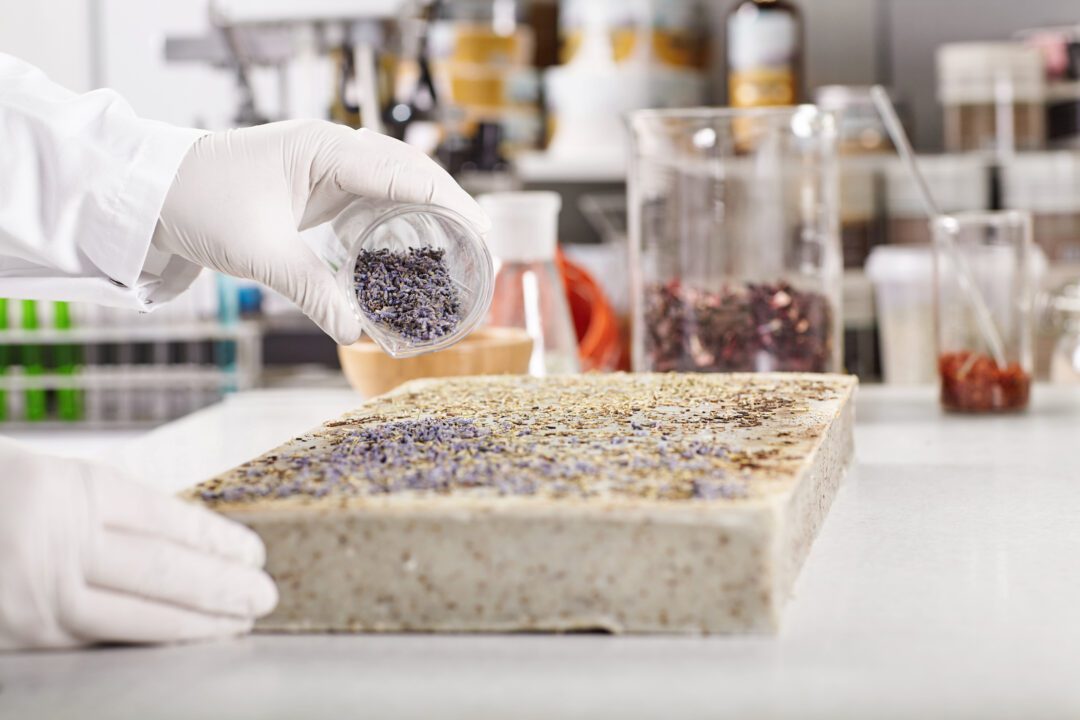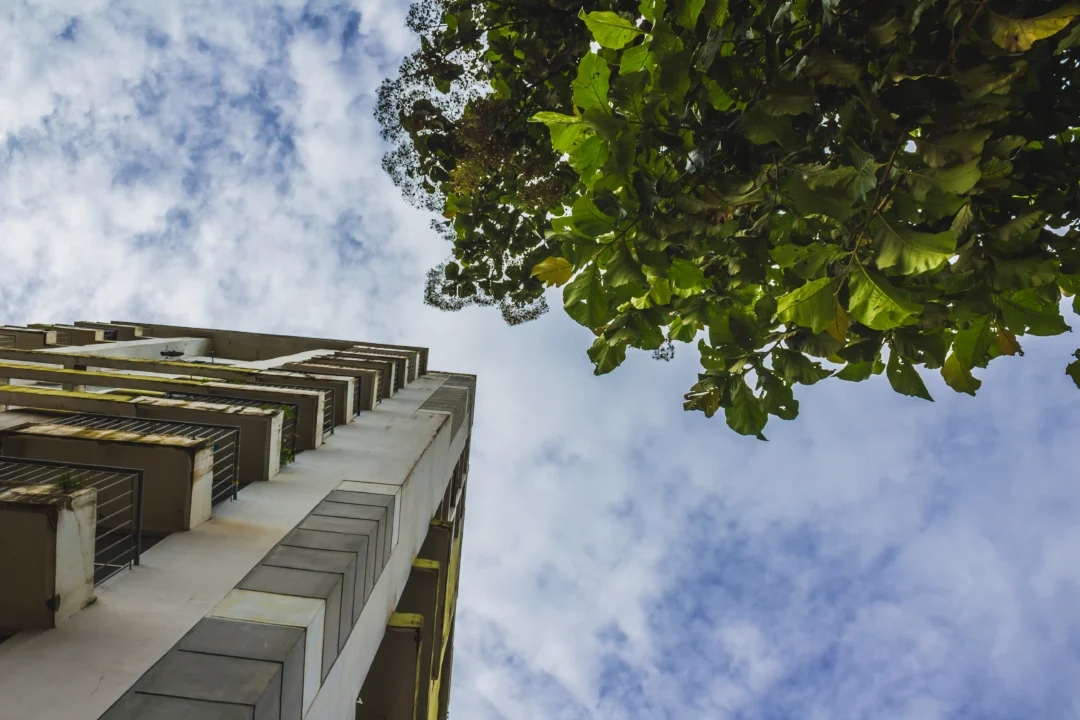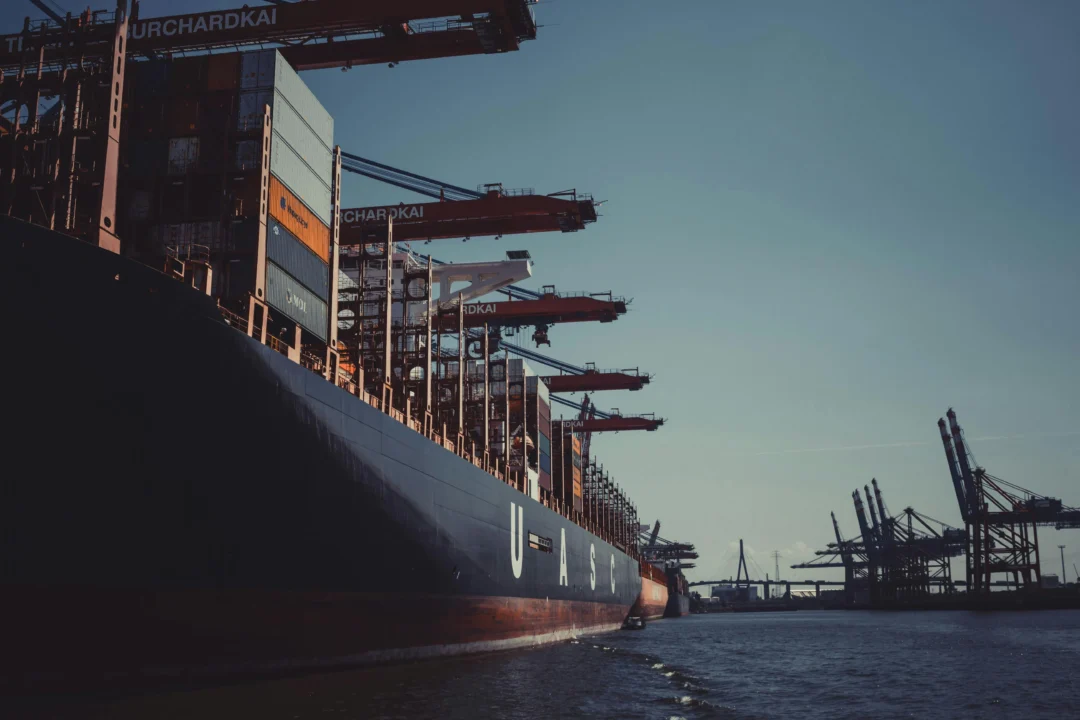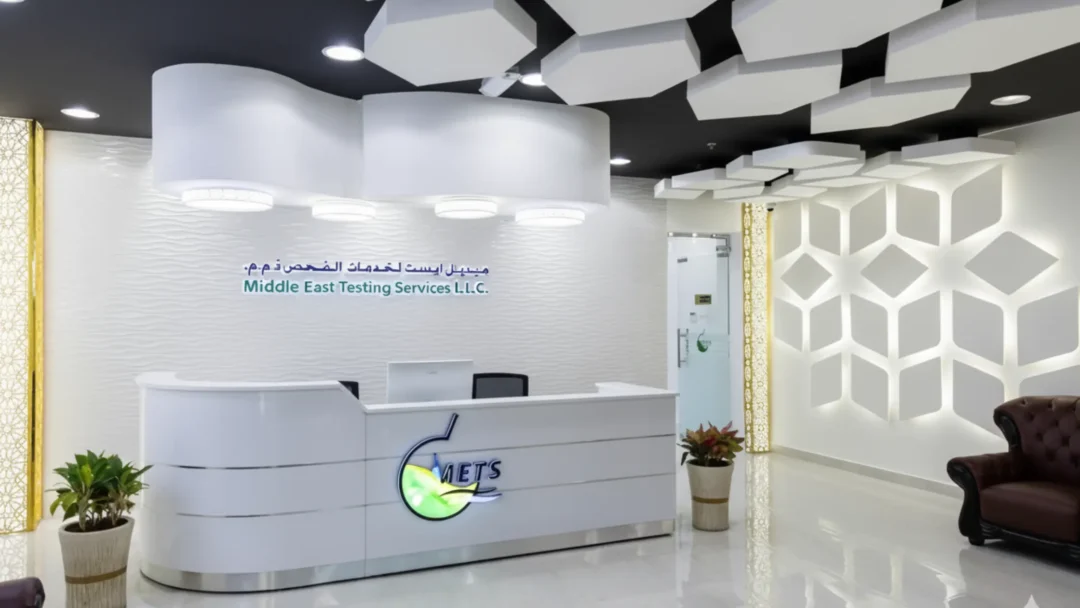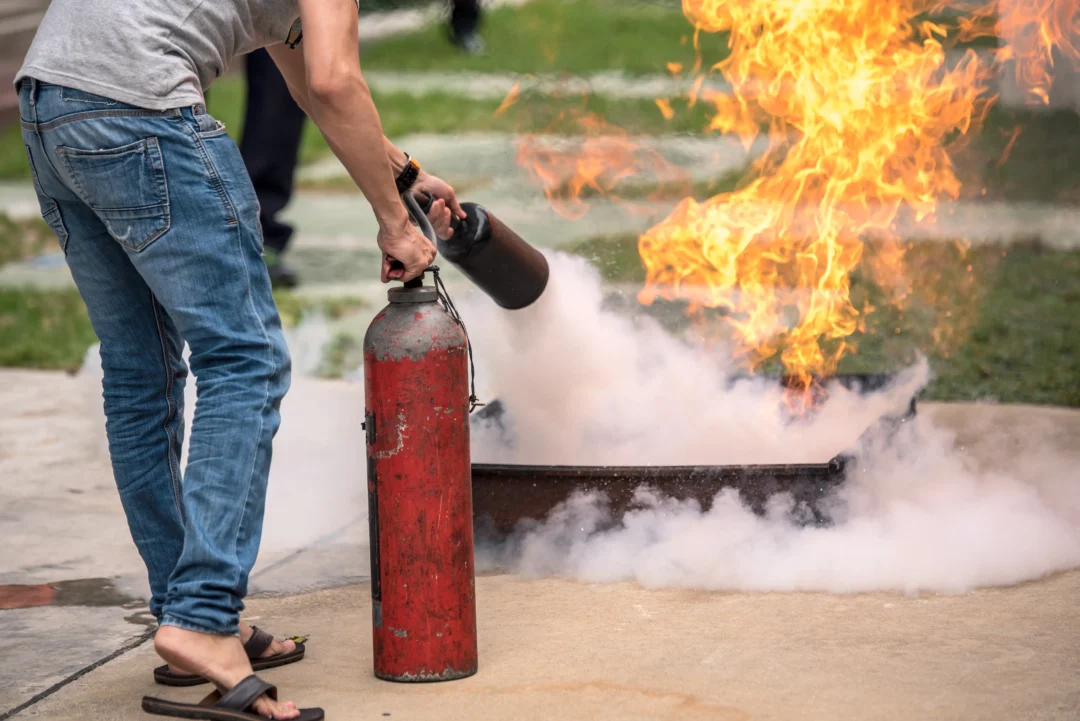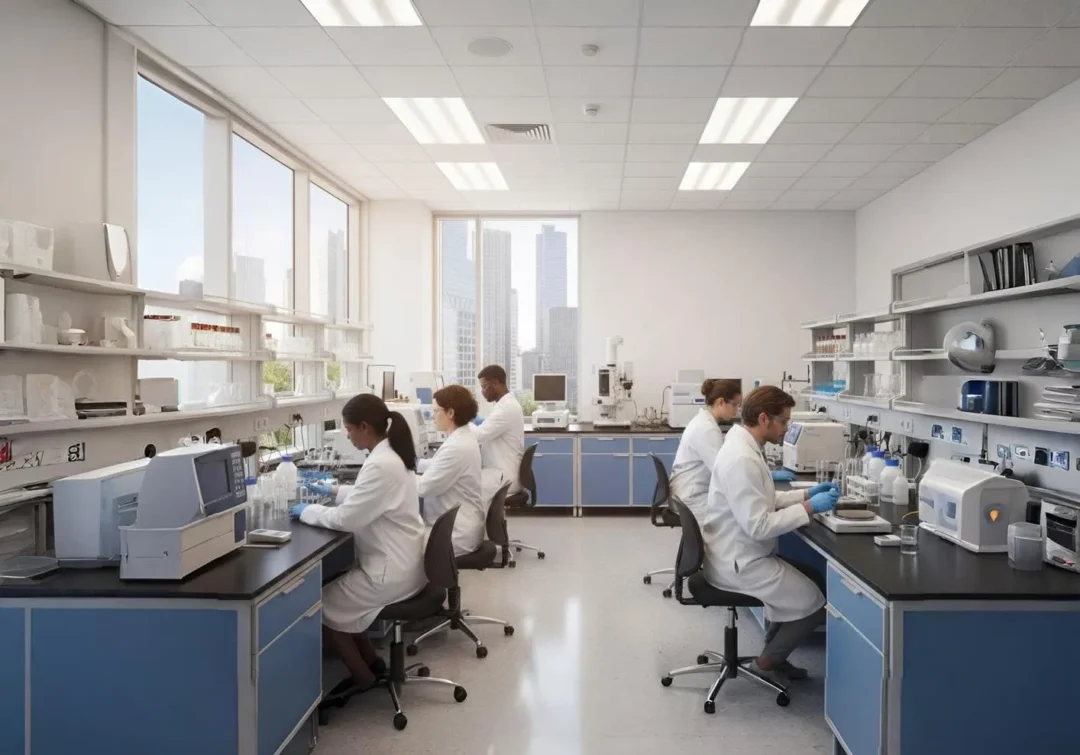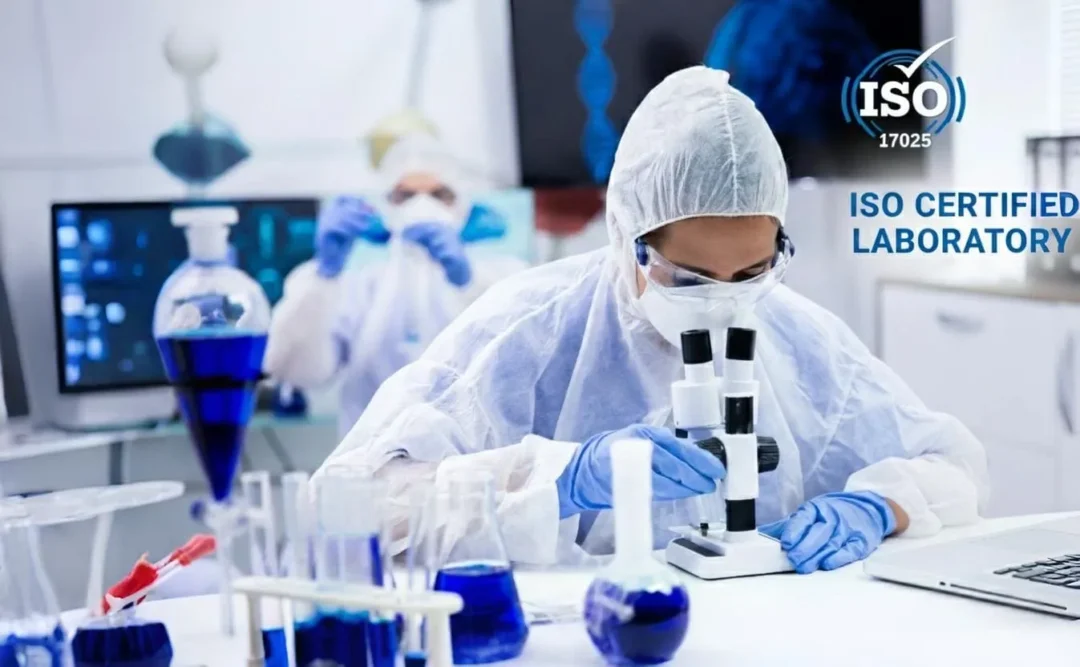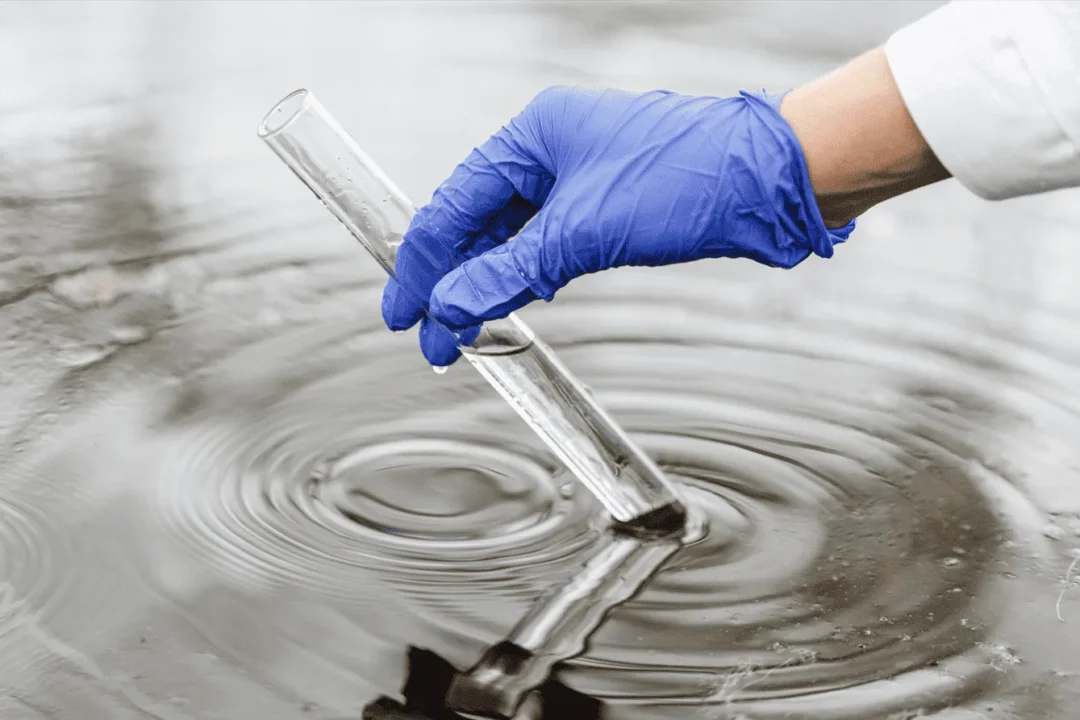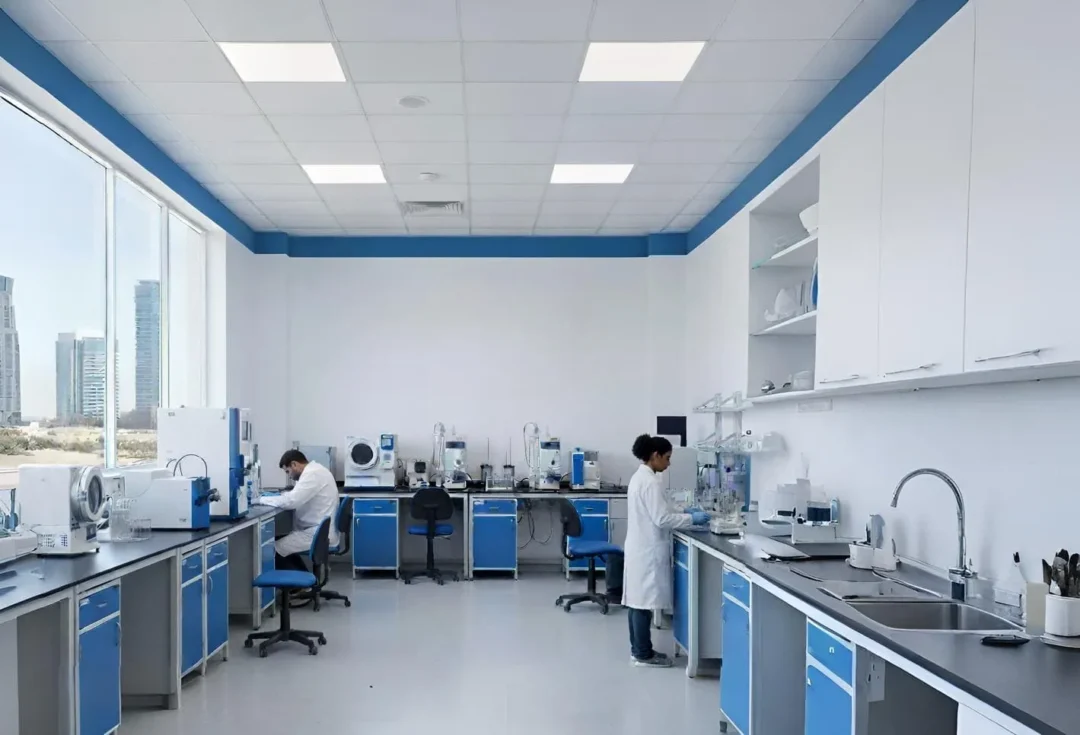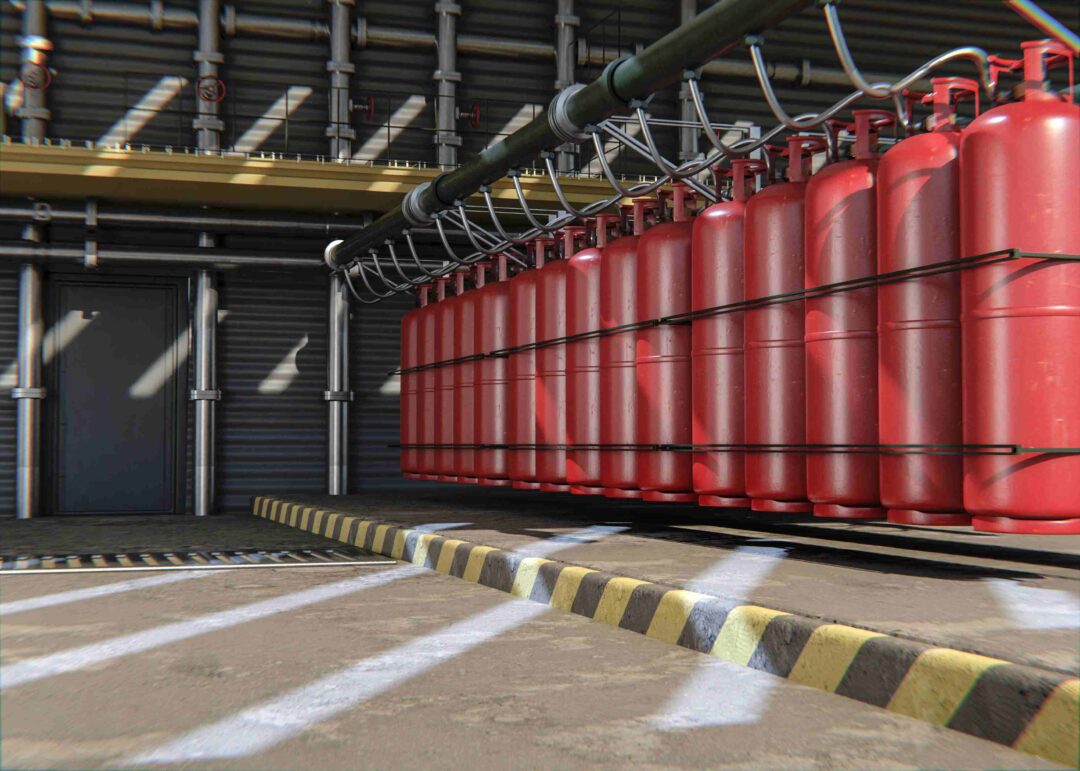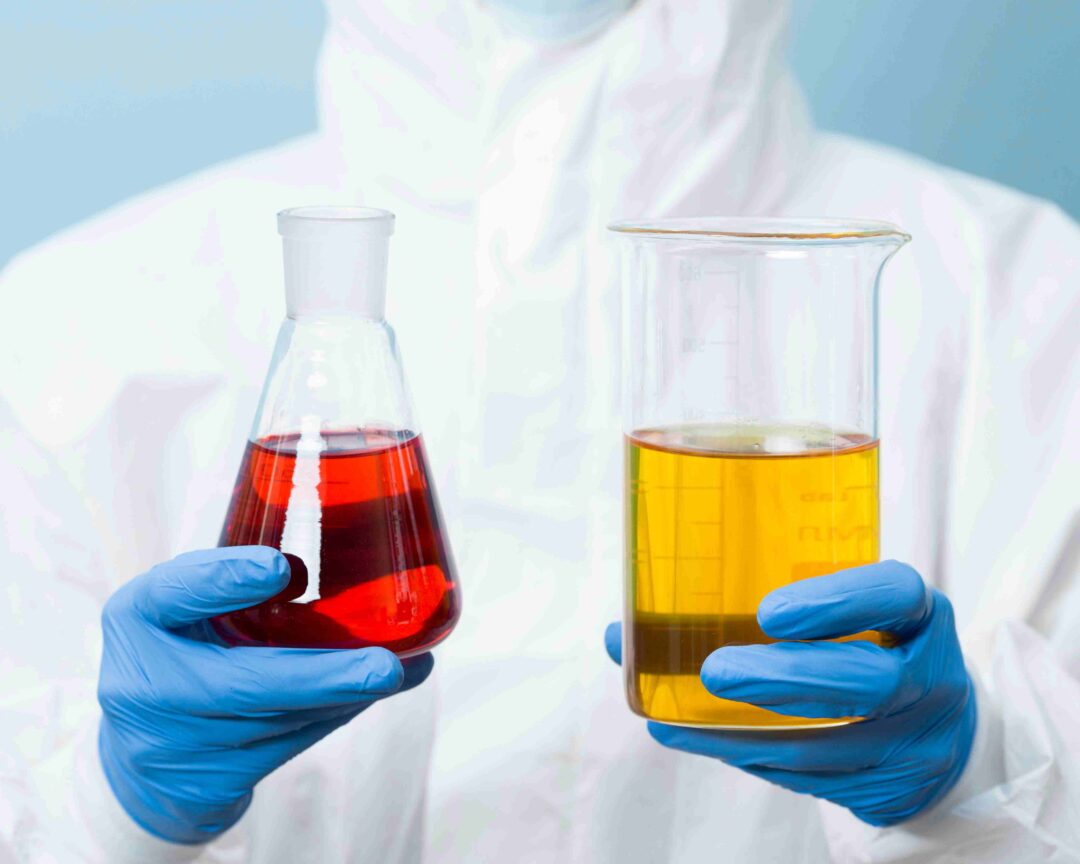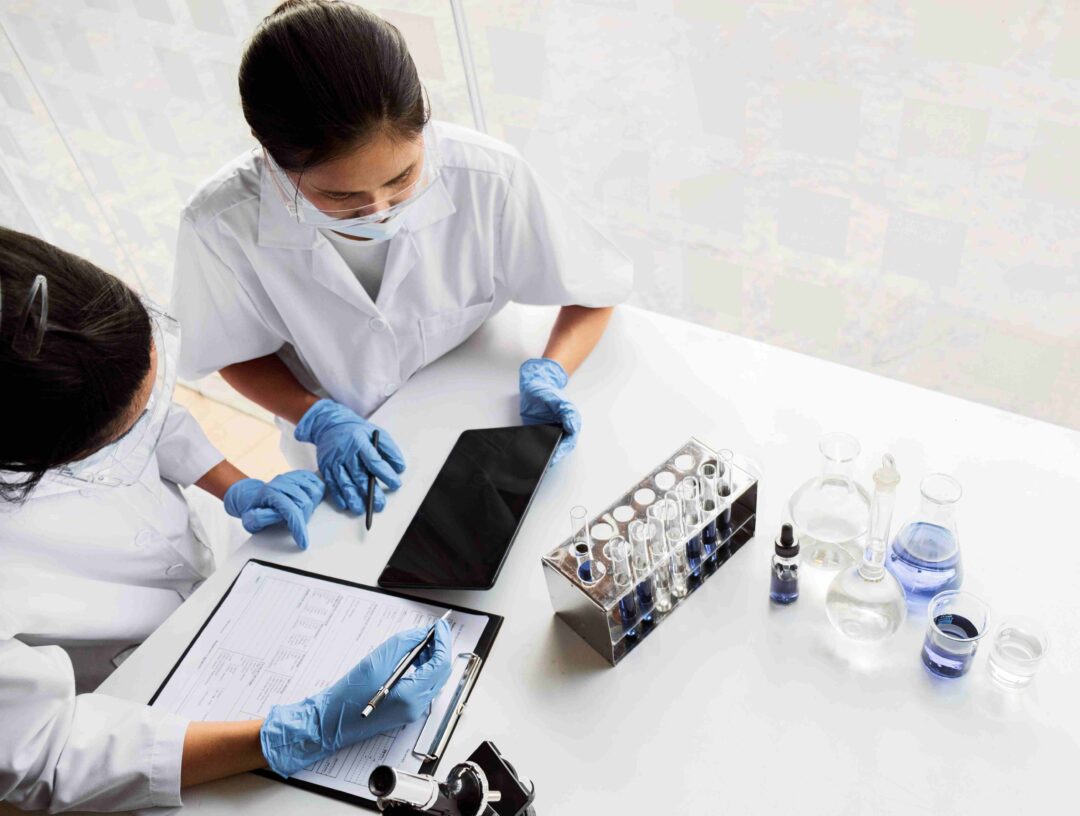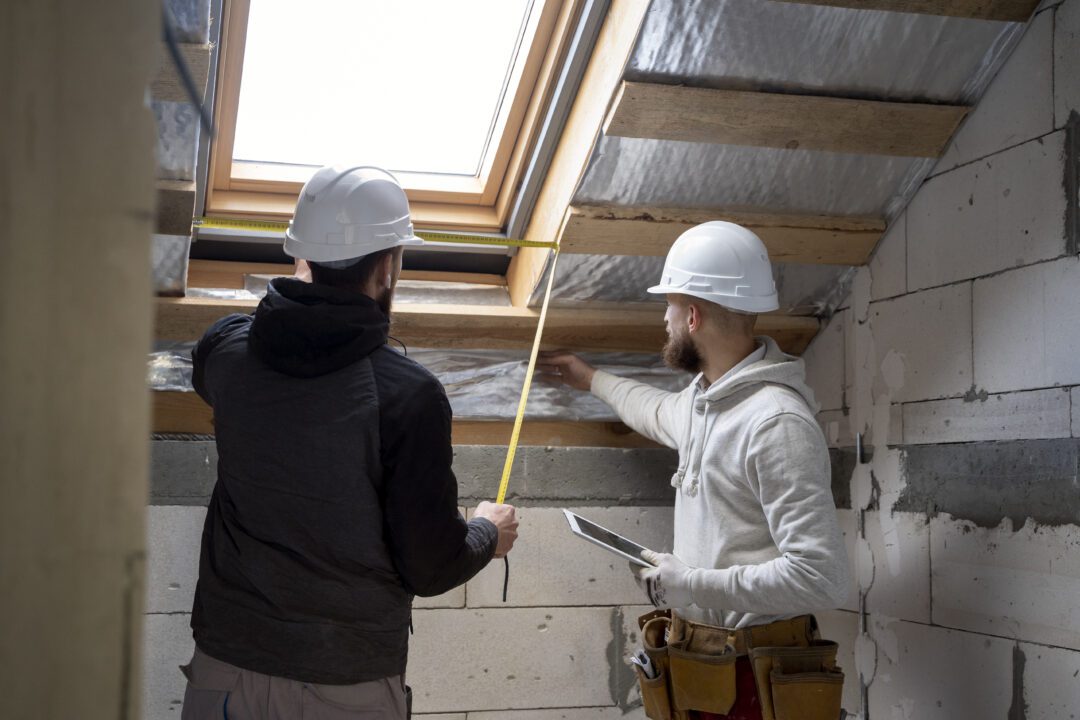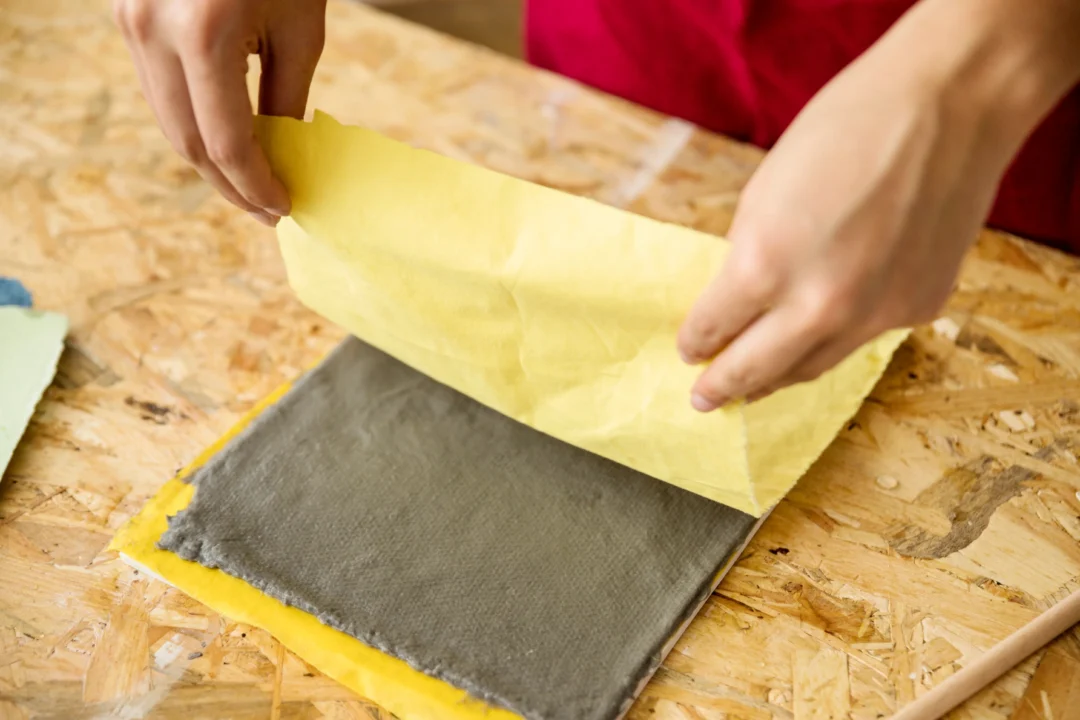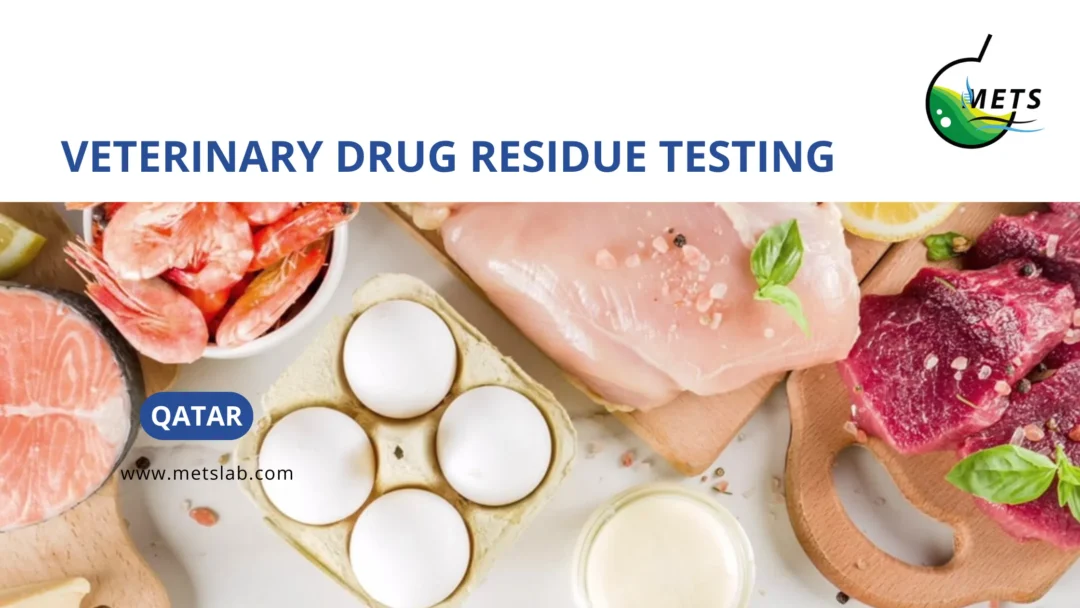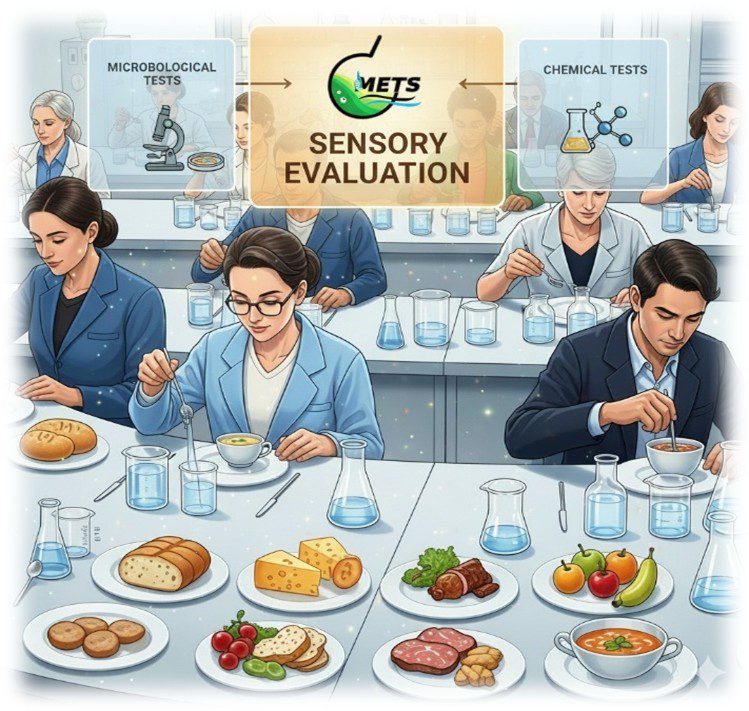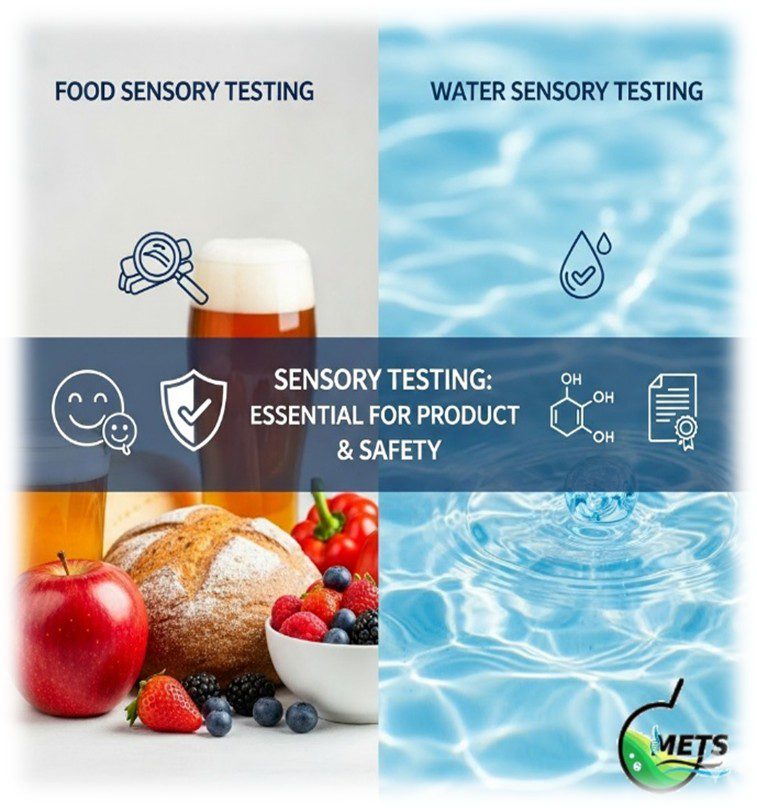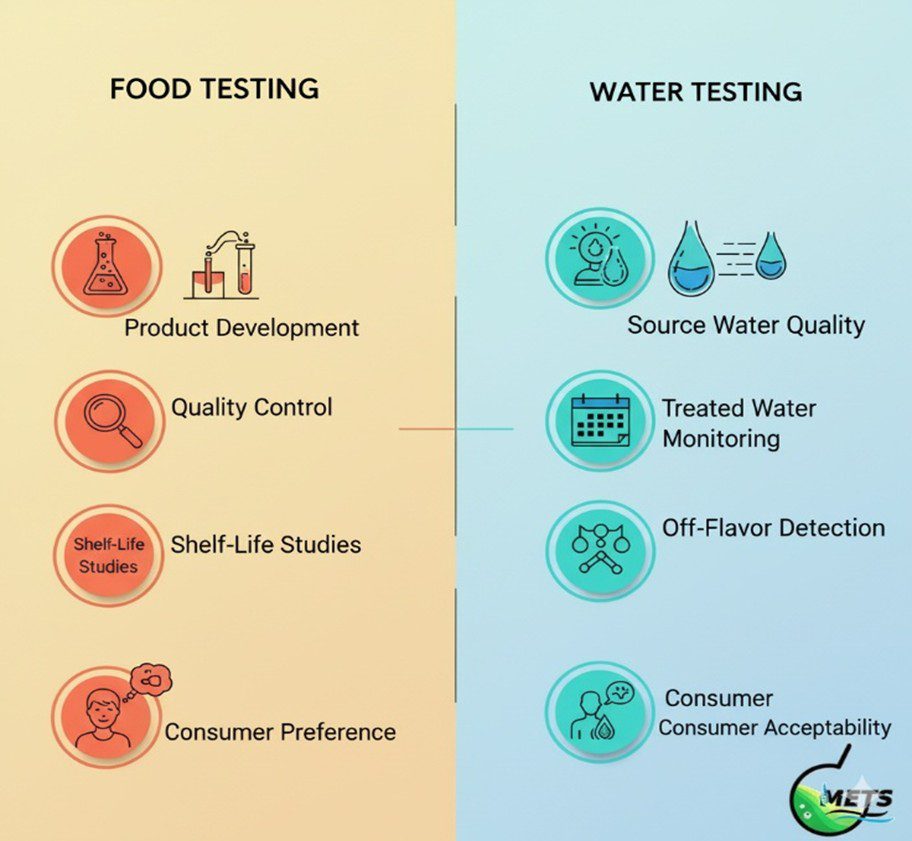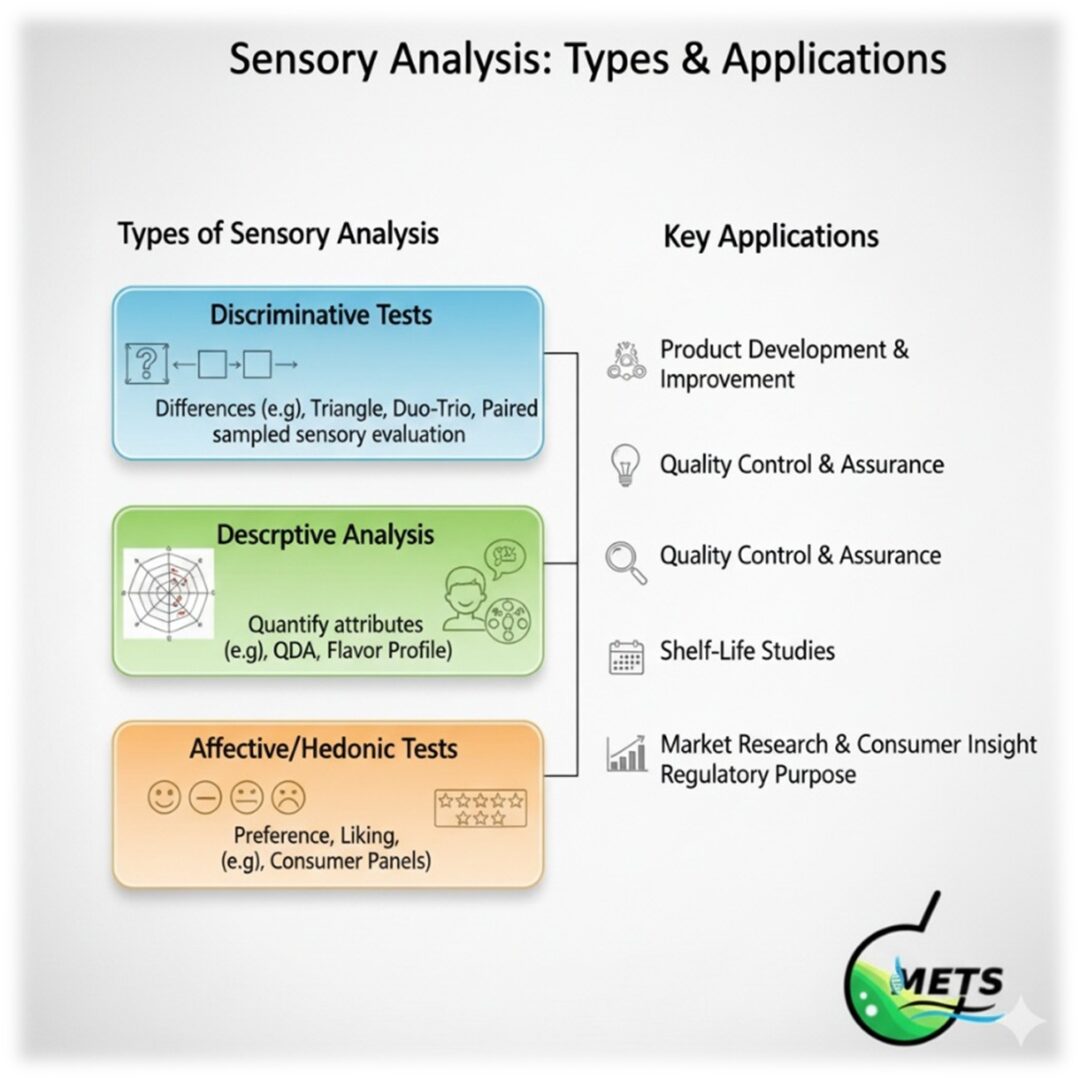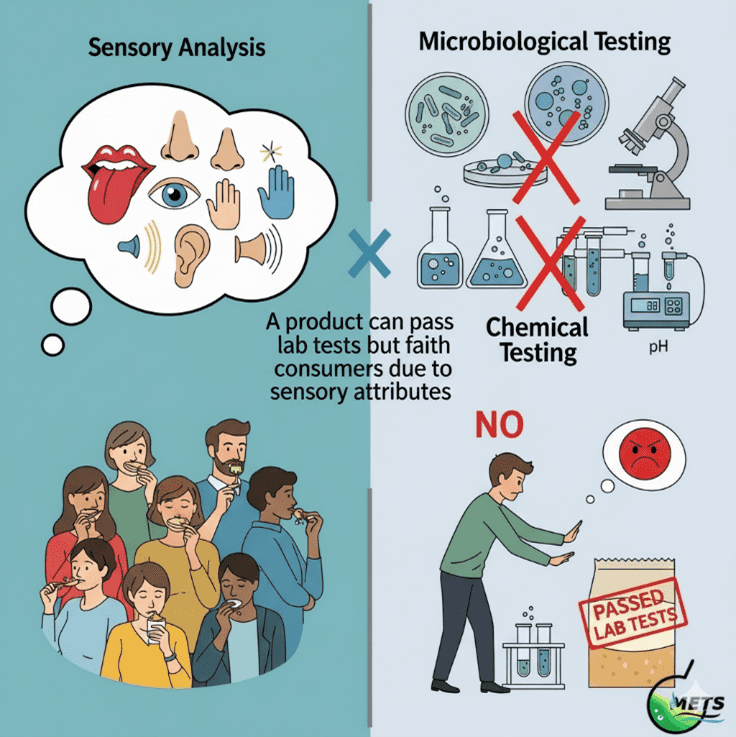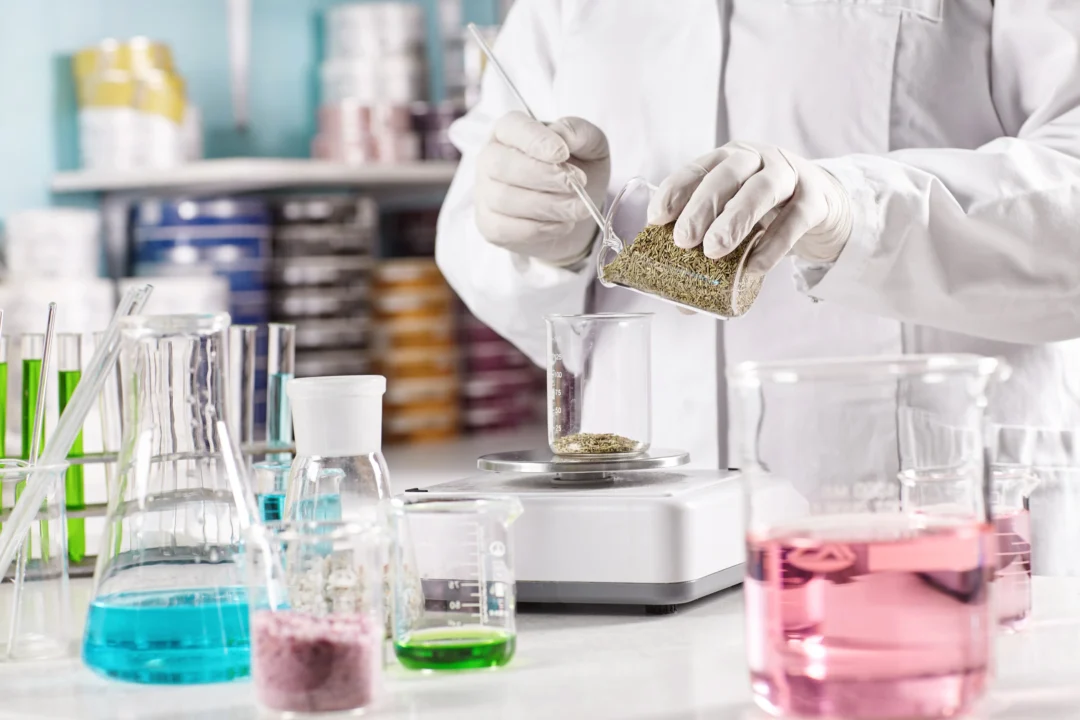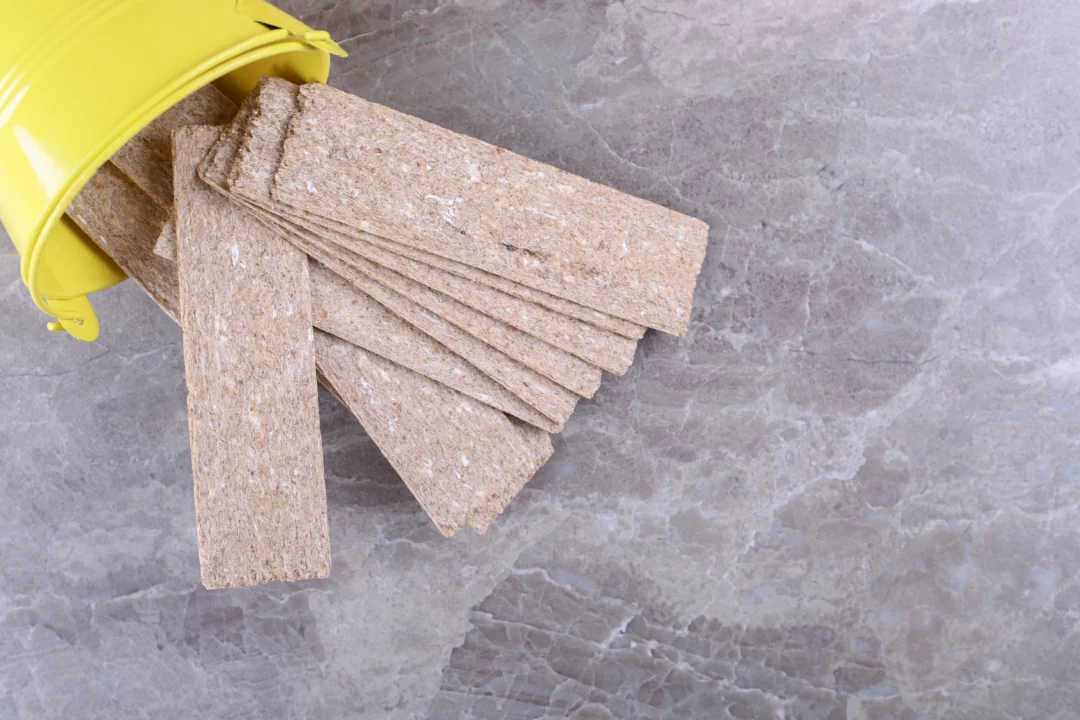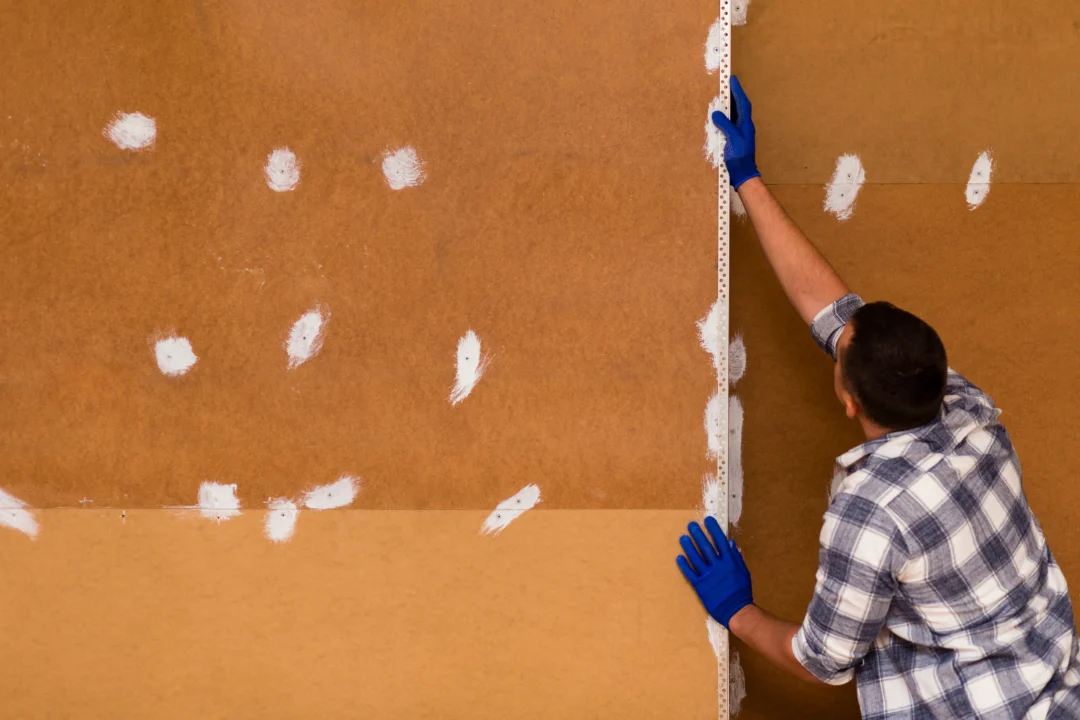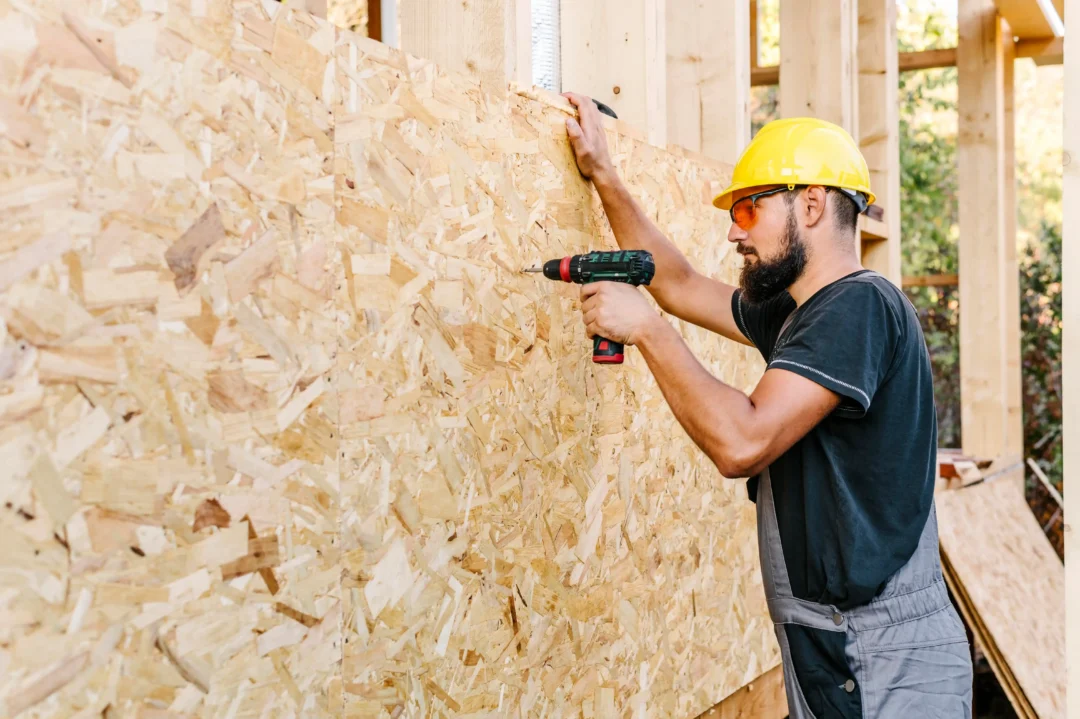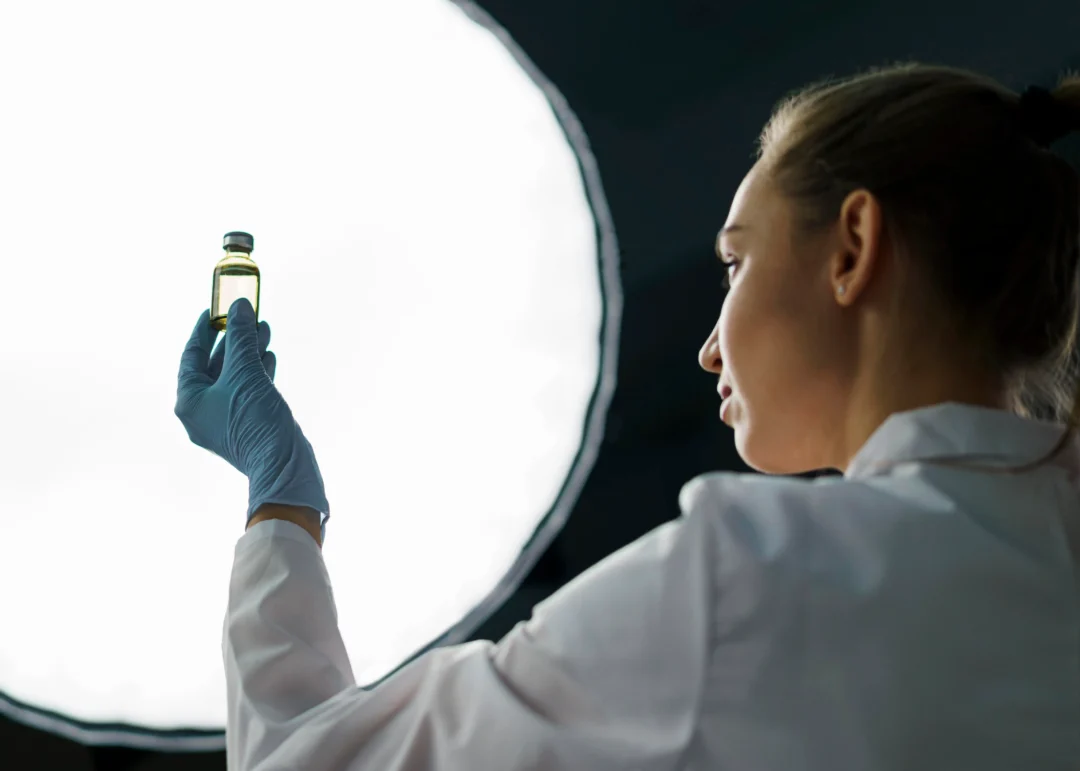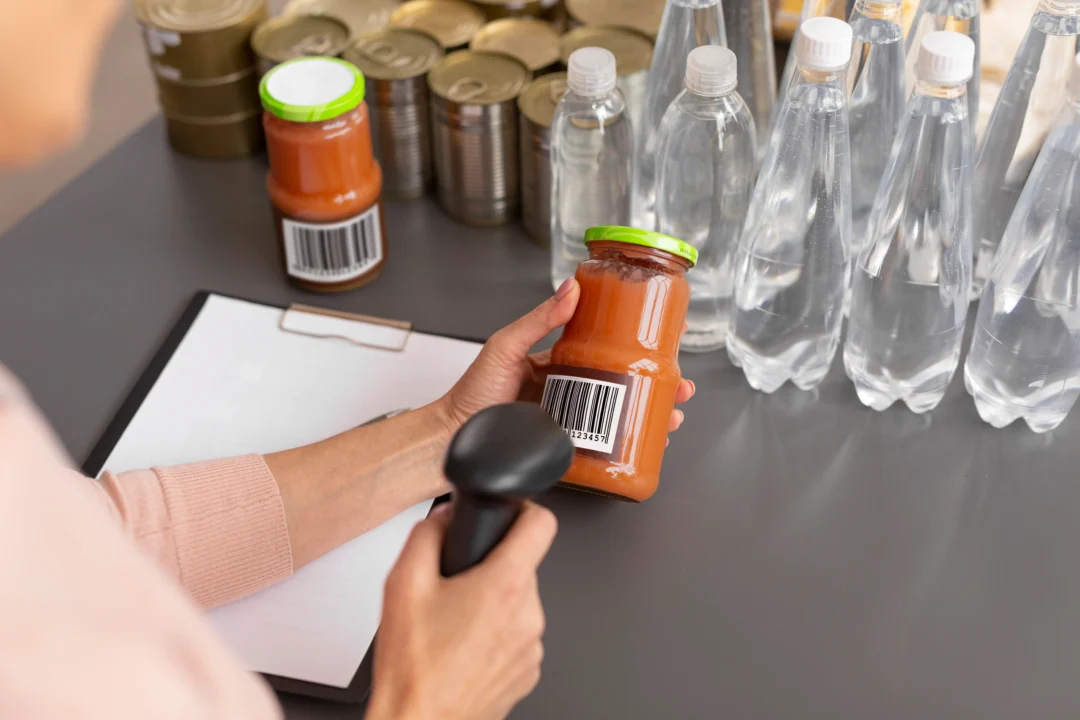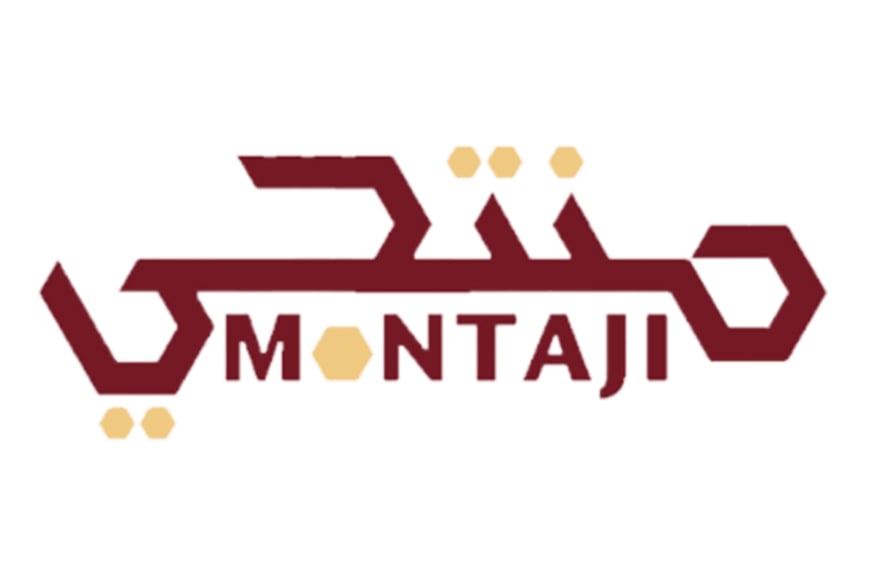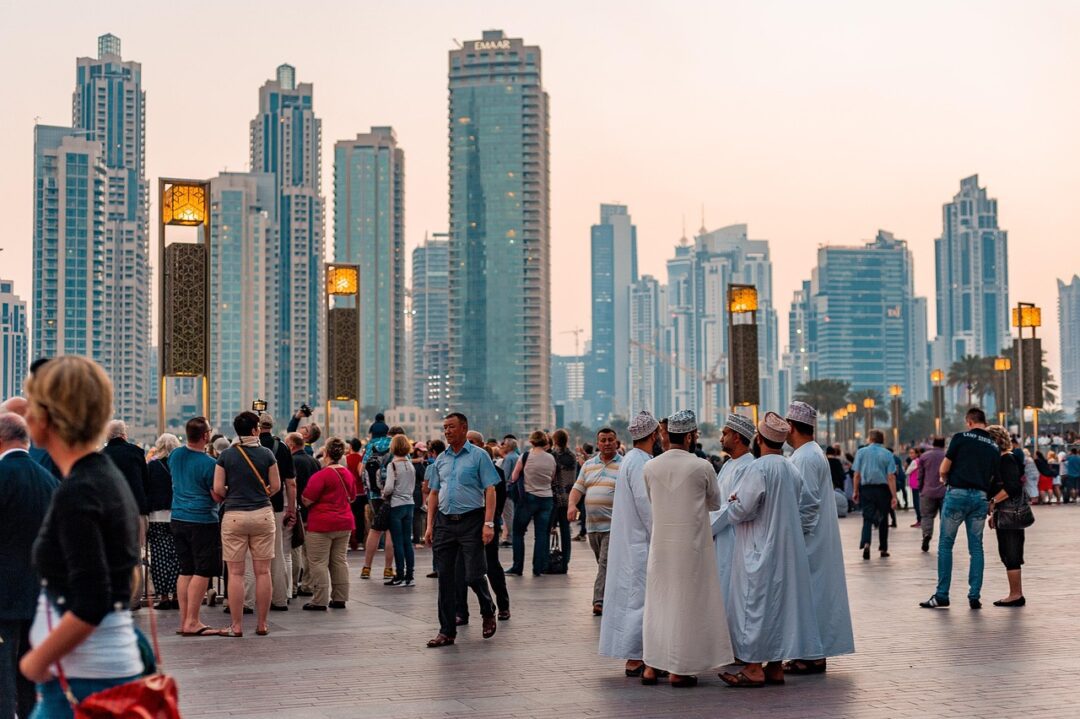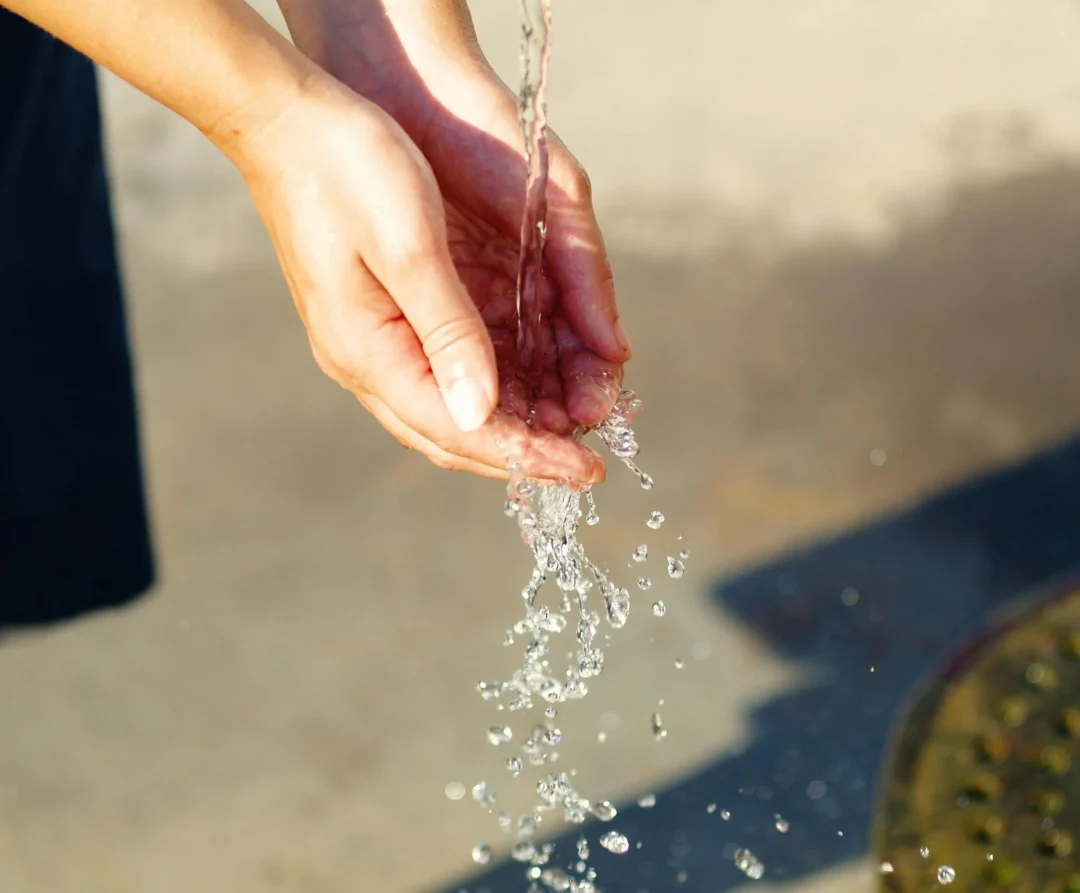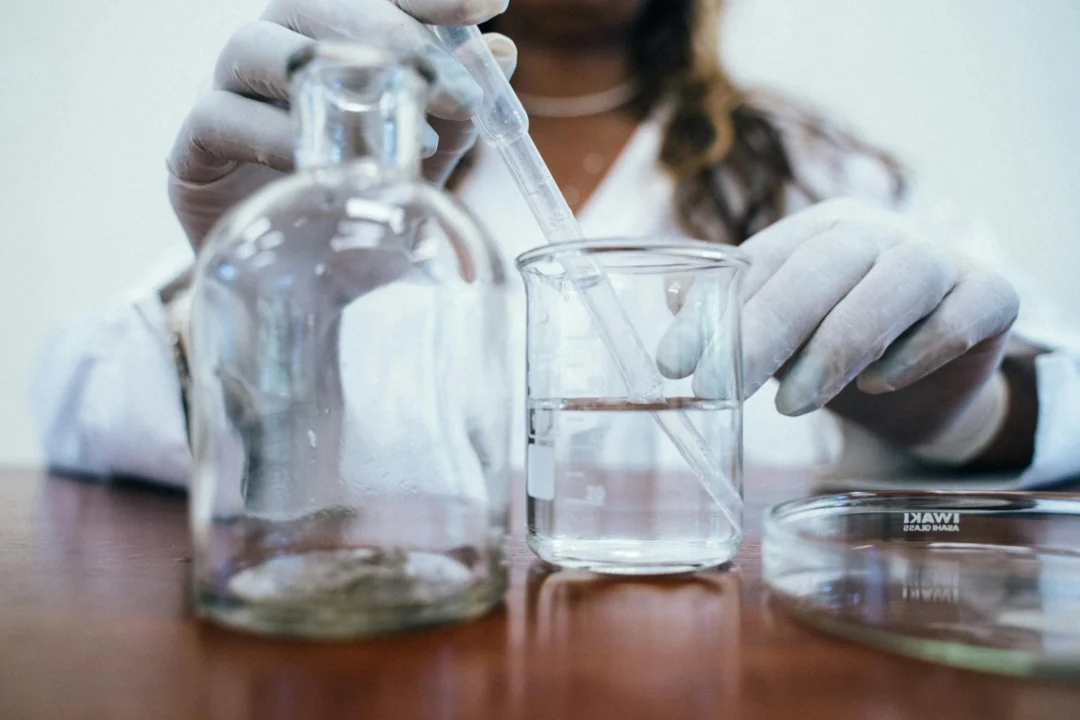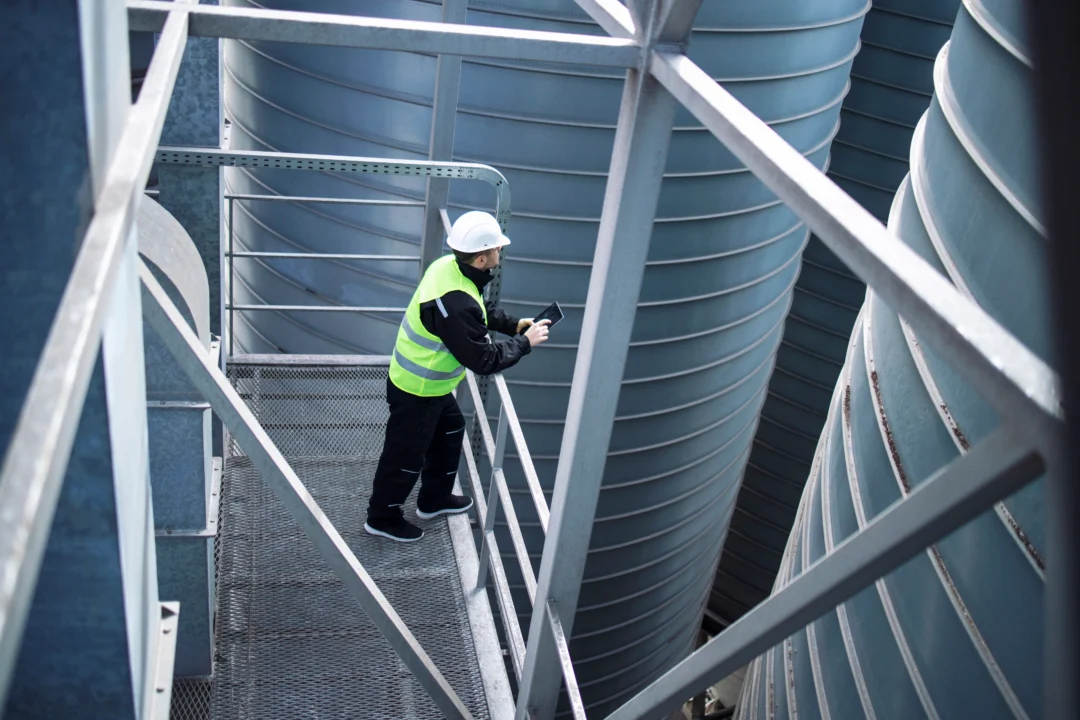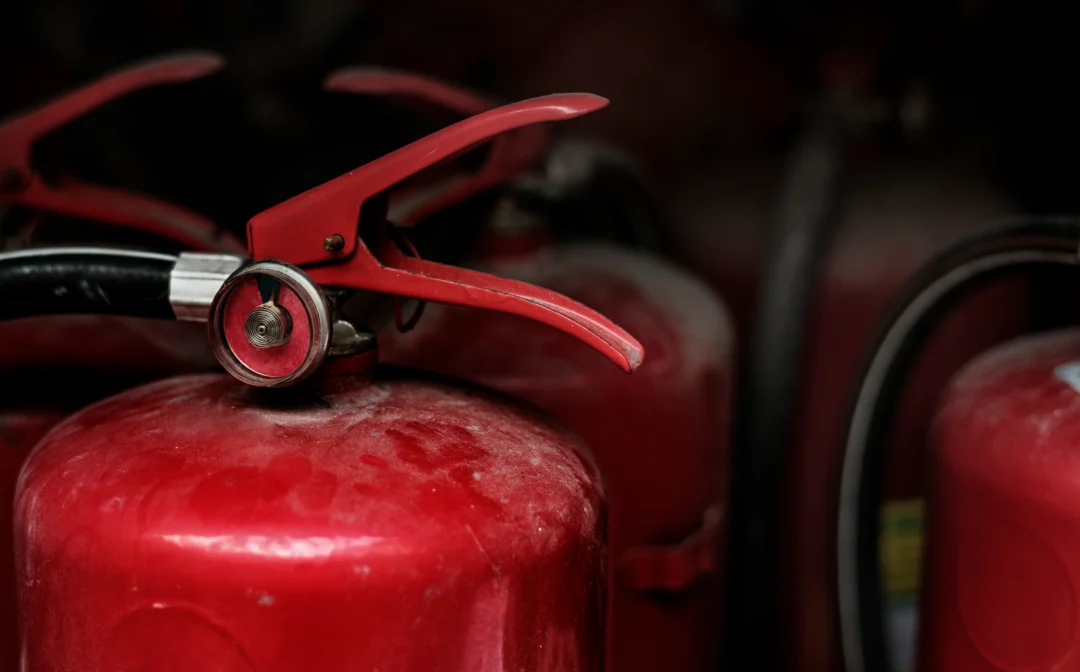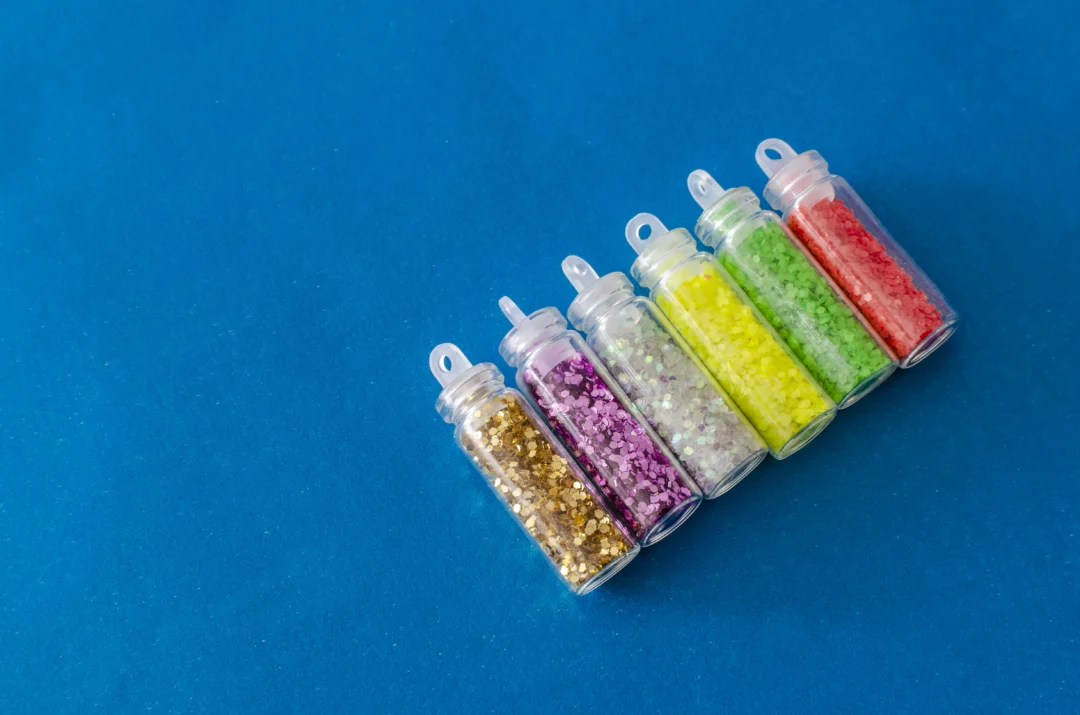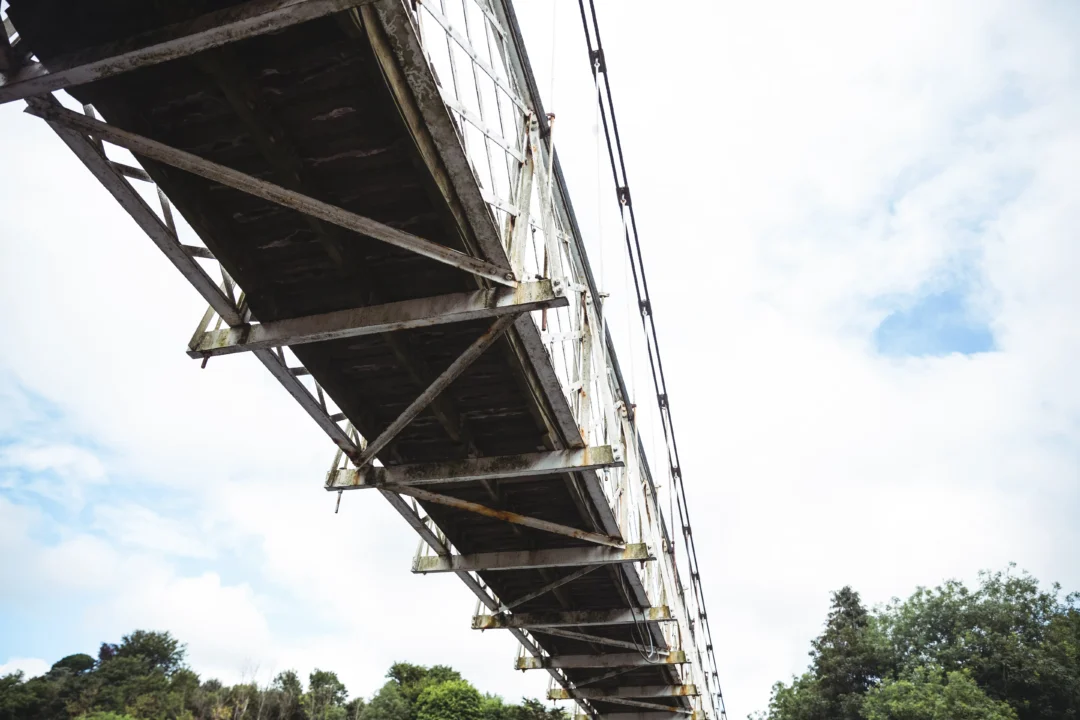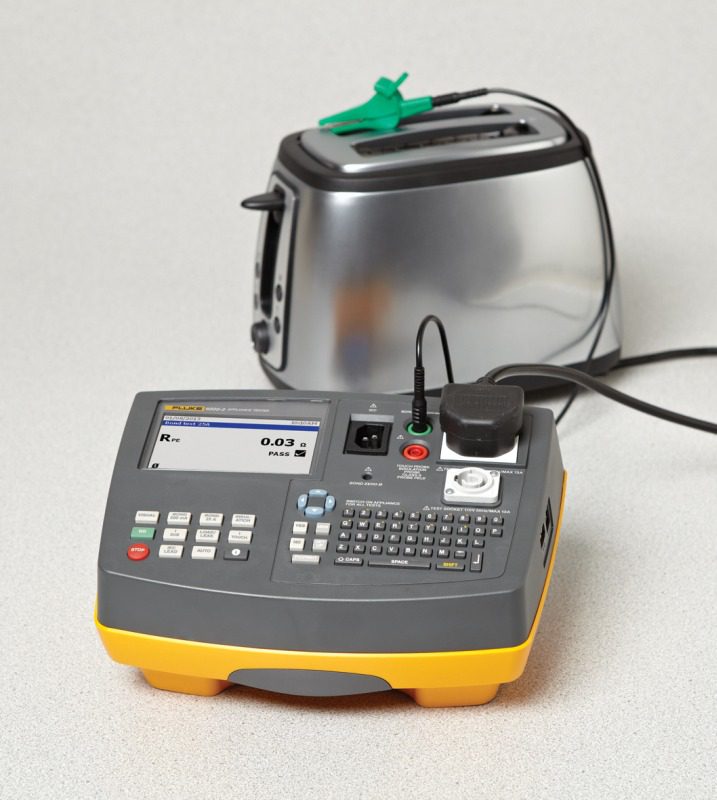Comprehensive Guide to PAT Testing in UAE by Mets Lab
Portable Appliance Testing, or PAT testing in UAE, is a vital safety measure for ensuring that all electrical equipment used in workplaces, offices, schools, and industrial premises is safe to operate. The UAE’s fast-growing economy and strict regulatory landscape demand a high level of safety and compliance. In this guide, we explain what PAT testing is, why it is essential in the UAE, how the testing process works, and why Mets Lab is recognized as the best PAT testing provider—and the most cost-effective solution for your electrical safety needs.
What Is PAT Testing?
PAT testing refers to the formal visual and electrical examination of portable electrical appliances. The purpose is to verify that each appliance is safe to operate, reducing the risk of electric shock, fire, and equipment failure.
Key Aspects of PAT Testing Include:
- Visual Inspection: A thorough check for any visible defects, wear and tear, damaged cables, loose plugs, or signs of overheating.
- Electrical Testing: Using specialized equipment, tests such as earth continuity, insulation resistance, and leakage current are performed. This not only validates the safety of the appliance but also checks if the appliance conforms to local safety standards.
- Documentation and Tagging: Once tested, appliances are tagged with a unique identifier, along with the test date and next scheduled test date. Detailed records are maintained, which are important for compliance and internal safety audits.
By ensuring that each appliance meets stringent safety standards, PAT testing helps protect employees, assures warranty compliance, and safeguards against potential liabilities—all critical considerations in the UAE.
Why Is PAT Testing Crucial in the UAE?
The UAE’s commitment to safety, particularly in commercial and industrial sectors, makes PAT testing indispensable. Here’s why:
Regulatory Compliance
Regulatory authorities in the UAE enforce strict guidelines regarding electrical safety. Regular PAT testing helps businesses comply with local health and safety regulations, thereby avoiding legal penalties and hefty fines. Mets Lab, as a leading PAT agency in UAE, ensures that your equipment certification is fully compliant with these evolving regulatory standards.
Prevention of Accidents
Electrical faults are one of the major causes of workplace accidents. PAT testing identifies defects before they lead to severe problems, thereby mitigating risks such as fires, electric shocks, or equipment failures. A proactive PAT testing regime can make all the difference in high-risk settings like industrial plants, offices, and educational institutions.
Cost Savings
Implementing cost effective PAT testing strategies is an investment that can save money in the long run. By identifying potential faults early, businesses can avoid expensive repairs, loss of productivity, and legal liabilities. Mets Lab’s cost-effective PAT testing services help clients manage budgets while maintaining the highest safety standards.
Enhanced Insurance and Liability Protection
Regular PAT tests, combined with thorough documentation, provide a robust defense in case of incidents. Insurance companies often recognize proactive safety measures, which can lead to lower premiums. By working with the best PAT testing lab in UAE—such as Mets Lab—organizations can further demonstrate their commitment to safety and risk mitigation.
Building a Safety Culture
Maintaining high standards of electrical safety builds trust with employees, clients, and regulatory bodies. By employing reliable and regular PAT testing, companies project a strong image of responsibility and diligence.
Detailed PAT Testing Process
Mets Lab, recognized as the leading PAT testing provider in the UAE, follows a systematic and thorough process to ensure every appliance is safe. Their process is designed to meet local regulatory requirements and emphasizes precision, efficiency, and comprehensive reporting.
- Planning and Scheduling
Before any testing begins, a detailed schedule and comprehensive risk assessment are completed. High-risk appliances—those used frequently or in demanding environments—may require more frequent testing. Mets Lab’s expert consultants work with clients to create customized testing schedules that minimize operational disruption while ensuring maximum safety.
- Visual Inspection
The process begins with an extensive visual inspection. Licensed technicians inspect each appliance for signs of damage, loose or frayed cables, and worn-out insulation. This step is crucial in identifying obvious issues that could lead to electrical hazards.
- Electrical Testing
Using advanced PAT testing devices, Mets Lab conducts in-depth electrical tests on each appliance. Key tests include:
- Earth Continuity Testing: Assuring that the appliance’s earth connection is secure.
- Insulation Resistance Testing: Checking insulation quality to avoid electrical leakage.
- Leakage Current Measurement: Ensuring that any current escaping from the electrical circuit does not reach dangerous levels.
- Load Test: Ensuring that the appliances is taking load within the limits.
These technical tests verify that the electrical appliances adhere to the highest safety standards required in the UAE.
- Tagging and Labeling
Once an appliance has passed all tests, it is tagged with durable labels that detail the testing date and the next scheduled test. Appliances that fail to meet the safety criteria are clearly marked for repair and retesting.
- Comprehensive Documentation
Mets Lab ensures meticulous record-keeping. Detailed reports and certificates, which are vital for audits and regulatory inspections, are provided. This documentation is pivotal for companies that need to prove compliance during official inspections or when renewing their insurance policies.
Why Choose Mets Lab as Your PAT Testing Partner in UAE?
Proven Expertise and Accreditation
Mets Lab is known as the best PAT testing lab in UAE due to its decades of experience and commitment to excellence. Accredited by recognized local and international bodies, Mets Lab adheres to the strictest testing protocols and uses state-of-the-art equipment. Their technicians are highly trained and regularly updated on the latest regulatory developments, guaranteeing confidence in every test performed.
Cutting-Edge Technology
At Mets Lab, modern testing devices are employed to deliver precise results. Their investment in the latest technology ensures that every test is done accurately and swiftly. This technological capability translates into efficient service without compromising on quality.
Cost Effective PAT Testing Solutions
Cost effective PAT testing is a core aspect of Mets Lab’s service offering. They work closely with organizations to provide tailored solutions that balance safety with cost considerations. Special offers, bulk testing discounts, and maintenance contracts allow businesses to sustain high safety standards without exceeding budget limits.
Exceptional Customer Service and Support
Mets Lab distinguishes itself with a customer-centric approach. The team is available for consultation, detailed reporting, and after-service support. They help interpret test results and provide actionable recommendations for appliances that need repair, ensuring that your facilities are always up to standard.
Customized Testing Packages
Recognizing that different industries have different needs; Mets Lab offers customizable testing packages. Whether you are managing a large industrial facility, a busy commercial complex, or an educational institution, Mets Lab’s bespoke PAT testing services can be scaled to fit your unique needs. This flexibility makes them a top choice as a PAT agency in UAE.
Benefits of Cost-Effective PAT Testing with Mets Lab
Implementing a regular PAT testing regime is an investment in safety and operational efficiency. Here’s how Mets Lab’s approach to cost effective PAT testing benefits organizations in the UAE:
Minimizing Downtime
By catching faults early, Mets Lab enables suggestions for swift repairs, thereby reducing equipment downtime. For companies where operational continuity is critical, cost effective PAT testing translates into smoother operations and fewer disruptions.
Avoid Unexpected Costs
Faulty electrical appliances can lead to serious damage and unexpected costs for repairs or replacements. A robust PAT testing regime helps identify issues early, reducing the risk of expensive emergency repairs.
Peace of Mind
Working with a trusted PAT testing provider like Mets Lab ensures that your electrical appliances are thoroughly tested and safe. This reassurance allows you to focus on core business operations while knowing that your safety obligations are met.
Working with a PAT Agency in UAE: The Mets Lab Advantage
Mets Lab is not just a PAT testing lab; it is a full-service PAT agency in UAE dedicated to ensuring safety and compliance. Here’s what sets them apart:
End-to-End Service
Mets Lab offers every service under one roof—from scheduling and testing to tagging and detailed reporting. Their holistic approach to PAT testing means you manage your safety policies seamlessly without juggling multiple vendors or service providers.
Expert Consultation and Guidance
Mets Lab’s seasoned team provides expert advice on when and how often to perform PAT tests. They help determine which appliances are high risk and need frequent checks, and they suggest best practices for in-house maintenance teams. Their advisory services ensure that you’re always ahead of compliance requirements.
Ongoing Regulatory Support
The regulatory environment in the UAE can be complex. Mets Lab keeps its clients updated on any changes in local and international PAT testing standards. With their ongoing support, organizations can adjust their safety protocols promptly and remain fully compliant.
Scalable Solutions
Whether you’re a small business or managing large, multi-site operations, Mets Lab’s scalable solutions are designed to grow with your needs. Their customizable service models mean you are never paying for more than what you need, making them the ideal partner for cost effective PAT testing.
Key Considerations for Effective PAT Testing in UAE
When developing your PAT testing strategy, consider the following aspects:
- Risk Assessment and Testing Frequency: Not all appliances carry the same risk. High-use devices in industrial or high-traffic areas may need more frequent testing compared to those in low-risk environments. Mets Lab assists in performing detailed risk assessments to determine appropriate testing intervals.
- Proper Record Keeping: Maintaining comprehensive test records is essential for audits and compliance. Mets Lab ensures that all documentation is clear, accessible, and up-to-date, simplifying regulatory inspections.
- Integration with Overall Safety Programs: PAT testing should be integrated with broader facility maintenance and electrical safety protocols. Mets Lab works with organizations to incorporate testing results into their overall safety strategy, fostering a preventive approach to risk management.
- Use of Updated Technology: Advances in testing technology have made PAT assessments quicker and more accurate. Mets Lab’s investment in modern, calibrated testing equipment ensures that results are reliable and standards are met consistently.
- Cost and Value: Ultimately, cost effective PAT testing is about receiving high quality results without excessive expense. Mets Lab’s competitive pricing and scalable service packages offer excellent value for money without compromising on safety or compliance.
Final Thoughts on PAT testing by METS lab
PAT testing in UAE is more than a regulatory requirement—it’s a critical component of ensuring workplace safety, reducing operational risk, and sustaining long-term business efficiency. Choosing the right PAT testing provider can make all the difference. With Mets Lab established as the best PAT testing lab in UAE, organizations can rely on their comprehensive, cost effective, and expert PAT testing services to keep their facilities compliant and safe.
From the initial risk assessment to thorough testing, tagging, and documentation, Mets Lab covers every aspect of PAT testing in the UAE. Their commitment to excellence, investment in top-notch technology, and dedicated customer support make them the premier choice among PAT agencies in UAE. Embracing regular and reliable PAT testing with Mets Lab paves the way for enhanced safety, smoother operations, and increased confidence from both management and employees.
By investing in regular PAT testing and partnering with a trusted provider like Mets Lab, you ensure that your organization not only meets regulatory standards but also sets a benchmark in safety culture. Embrace the peace of mind that comes with knowing all your electrical appliances are tested, documented, and maintained to the highest standards in the UAE.
This comprehensive guide should serve as a definitive resource for anyone exploring PAT testing in UAE. Whether you’re searching for cost effective PAT testing, looking to work with the best PAT testing lab in UAE, or seeking expert advice from a leading PAT agency in UAE, Mets Lab stands out as the trusted partner for all your PAT testing needs.
